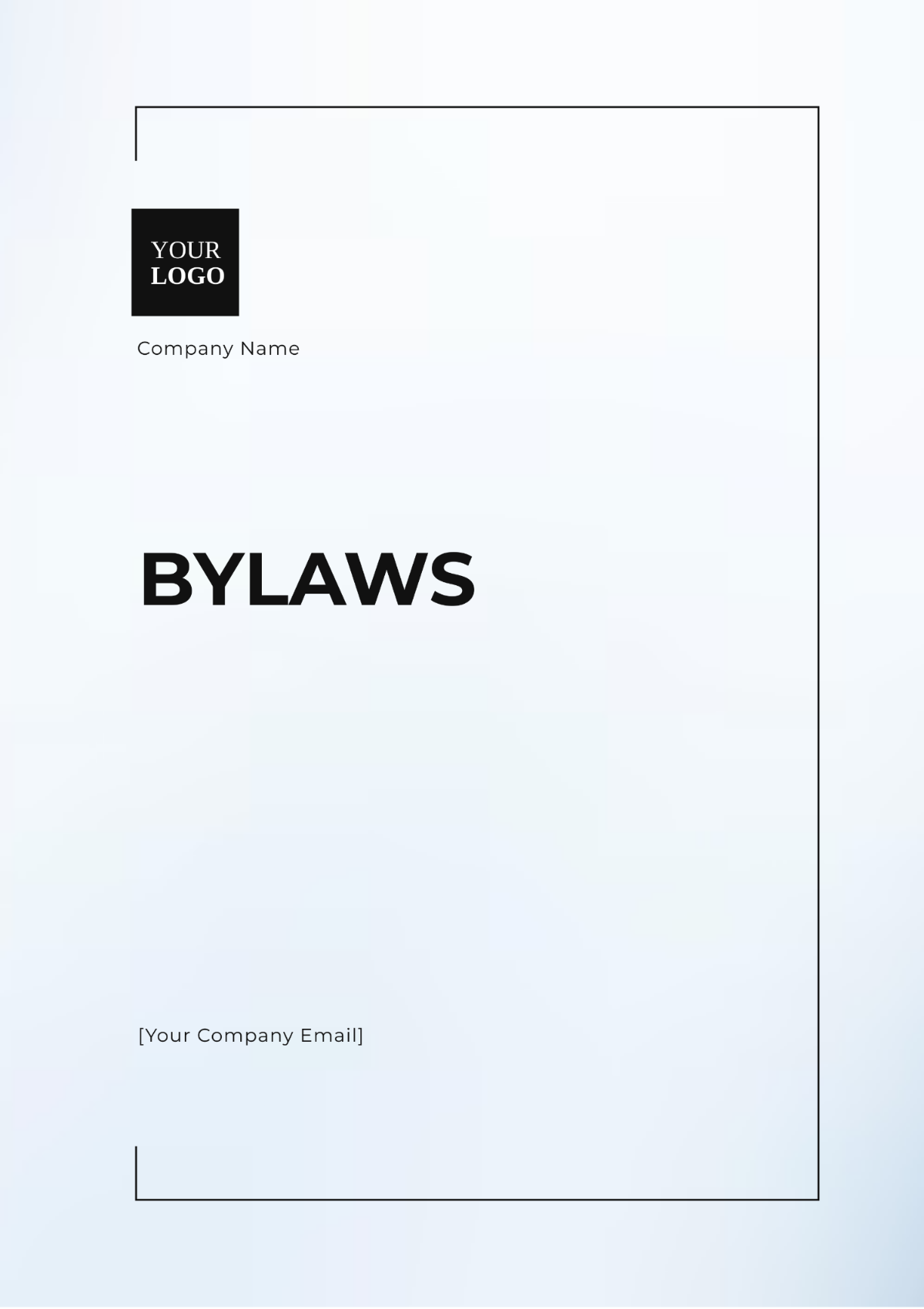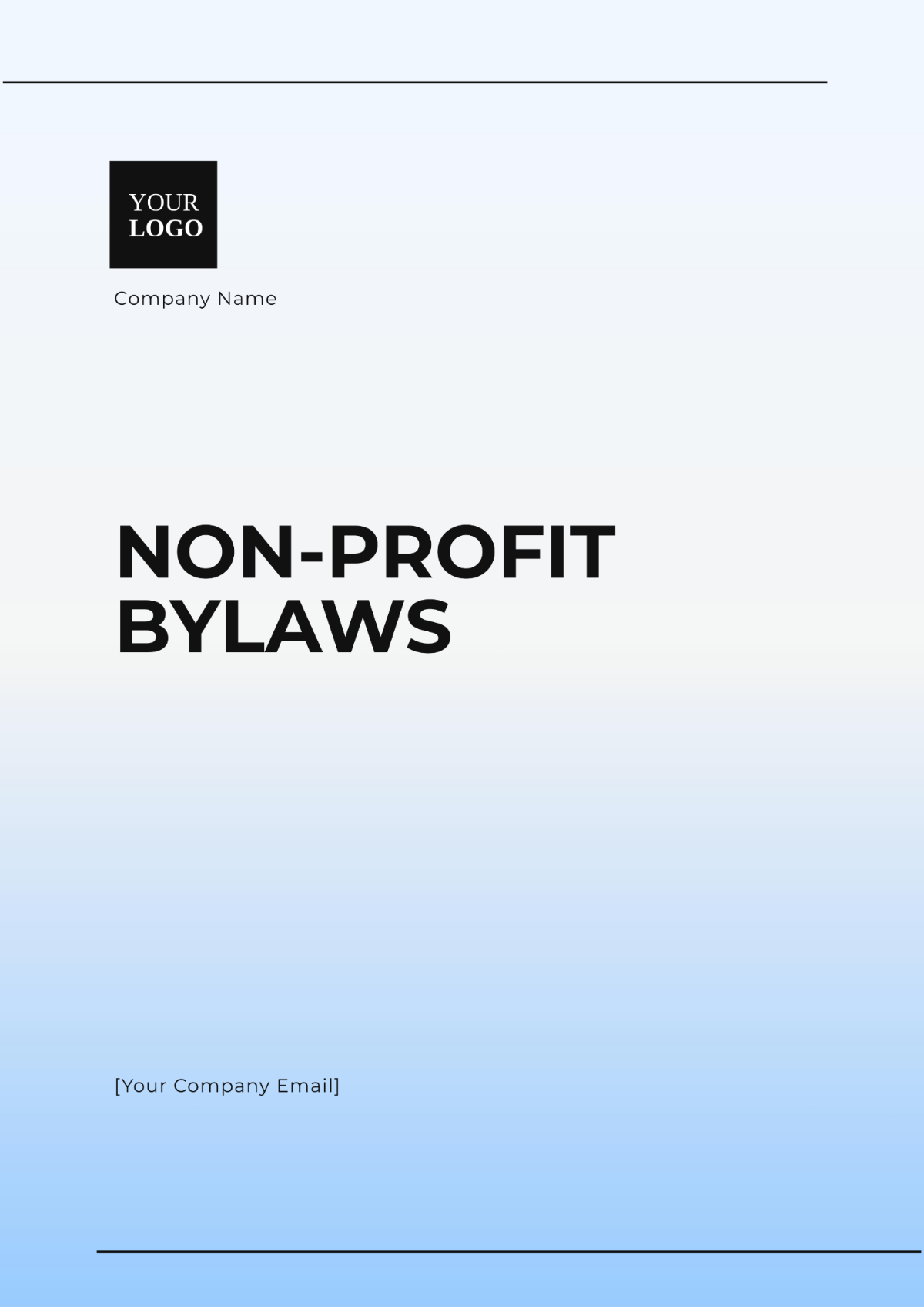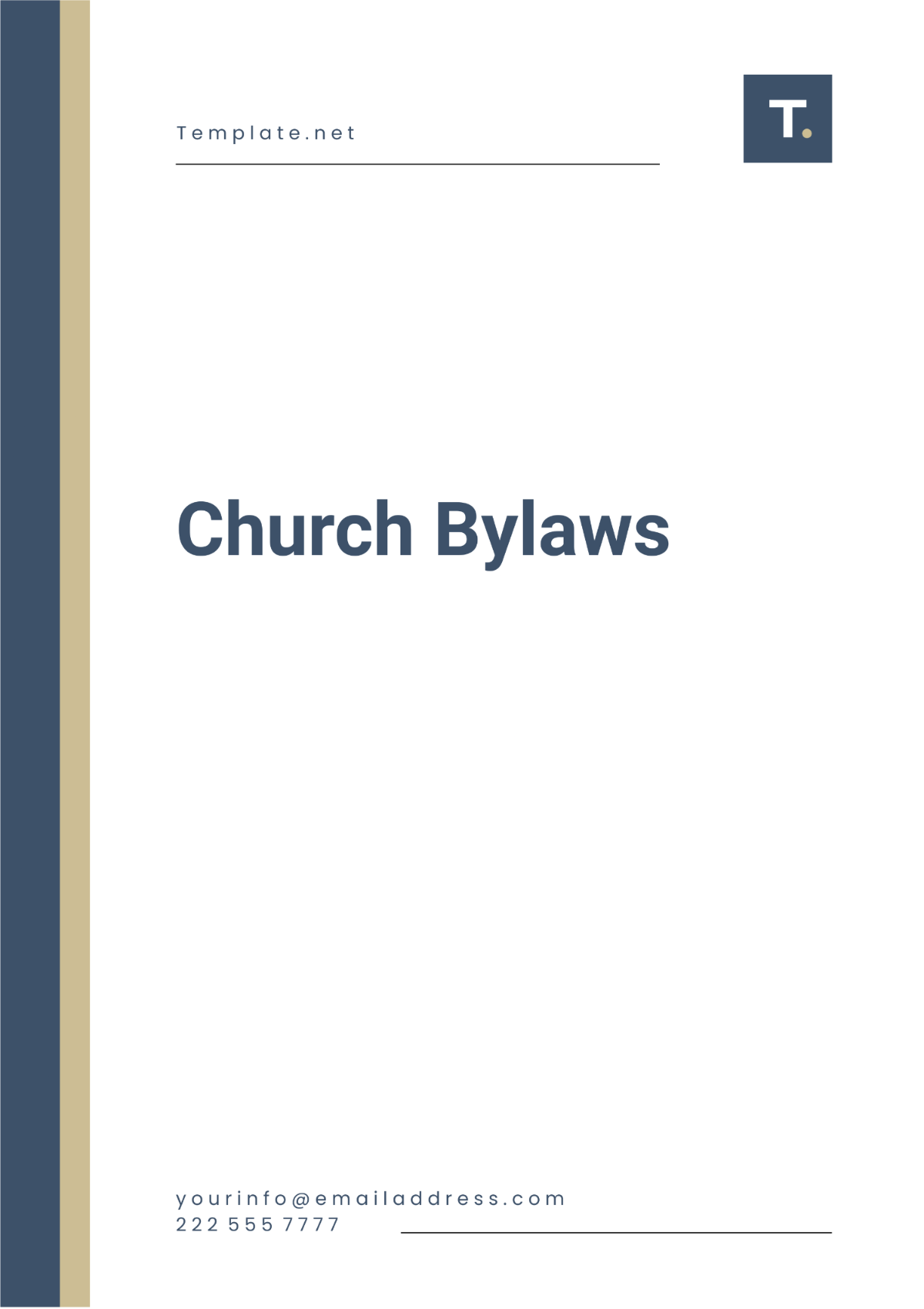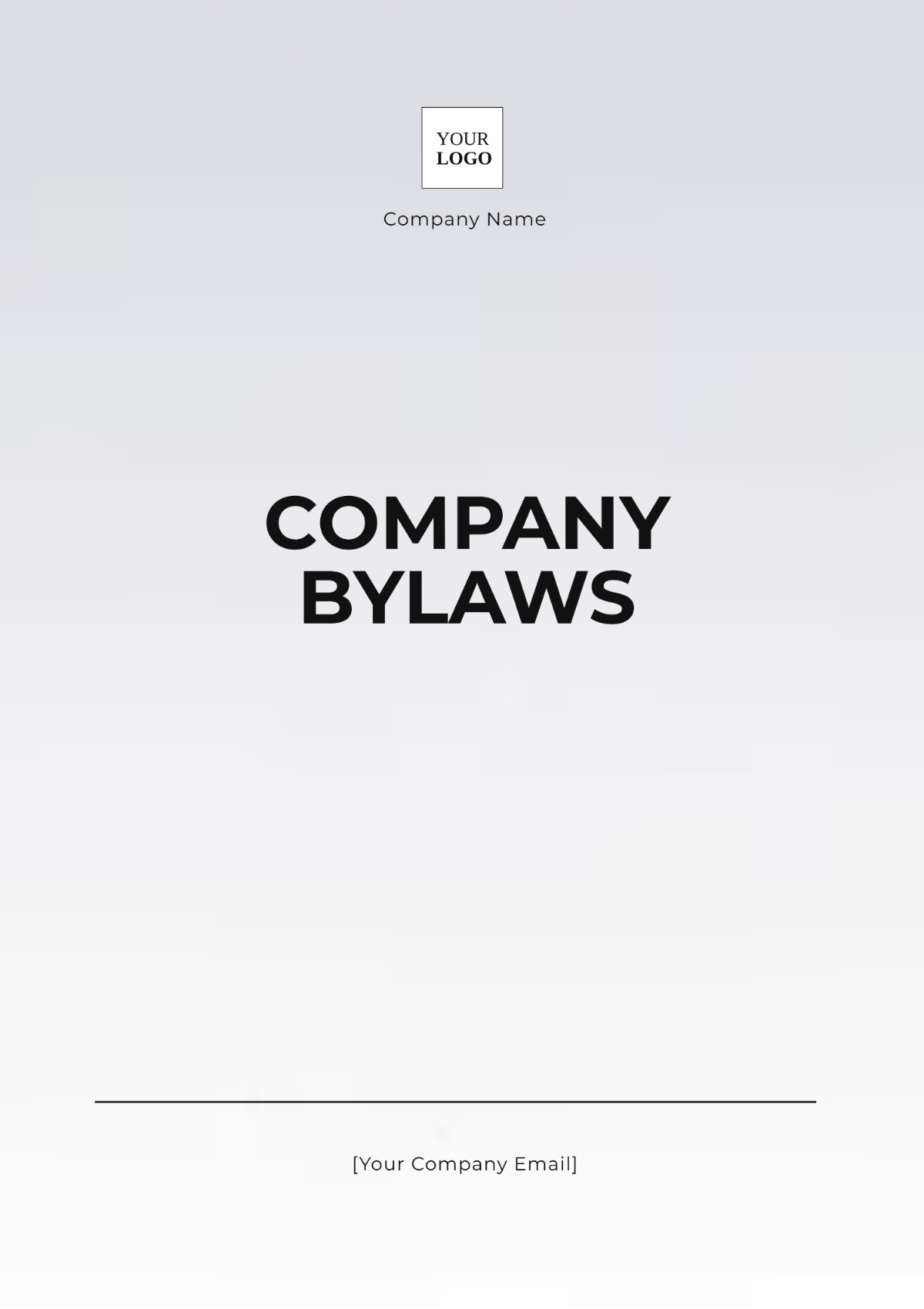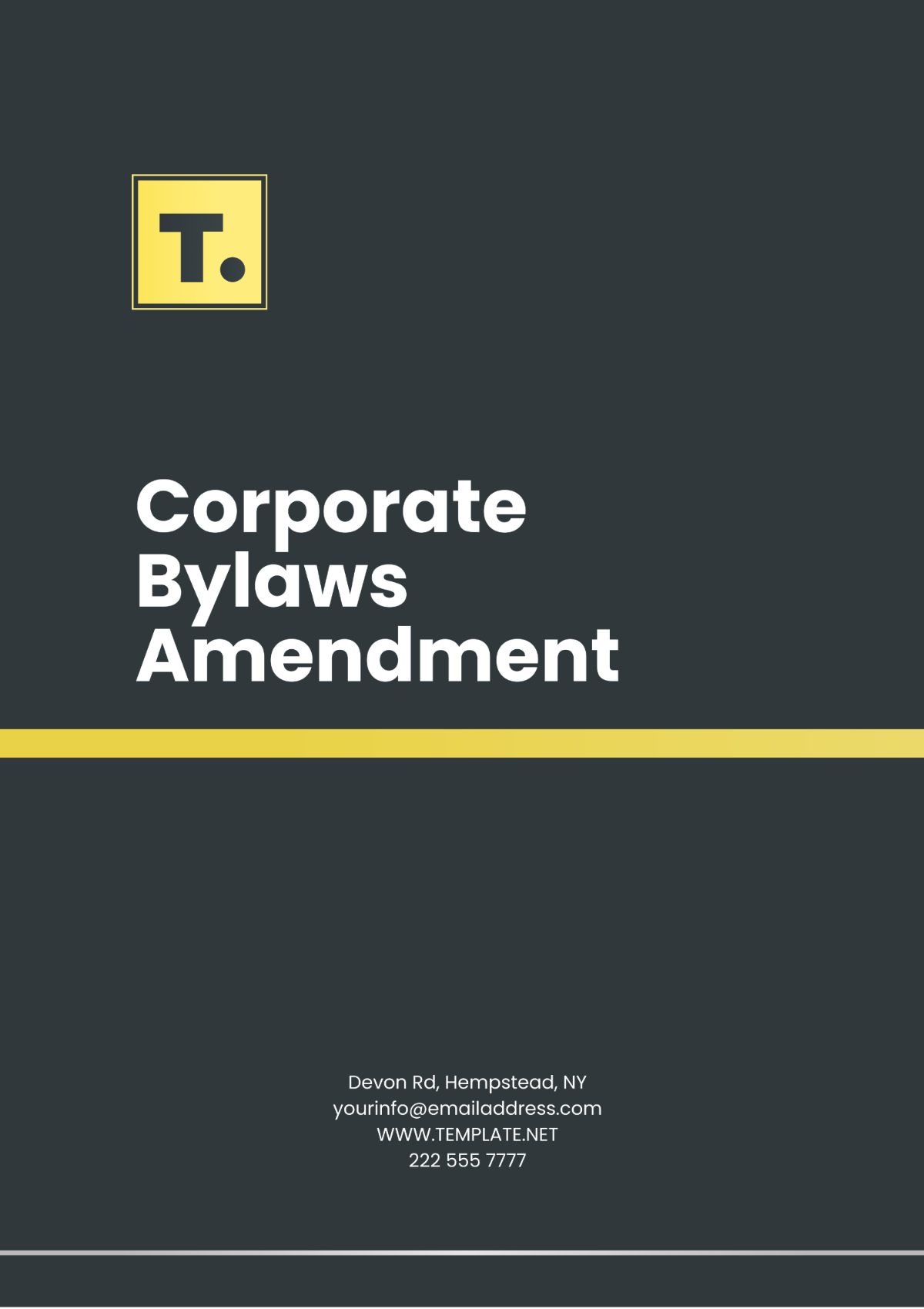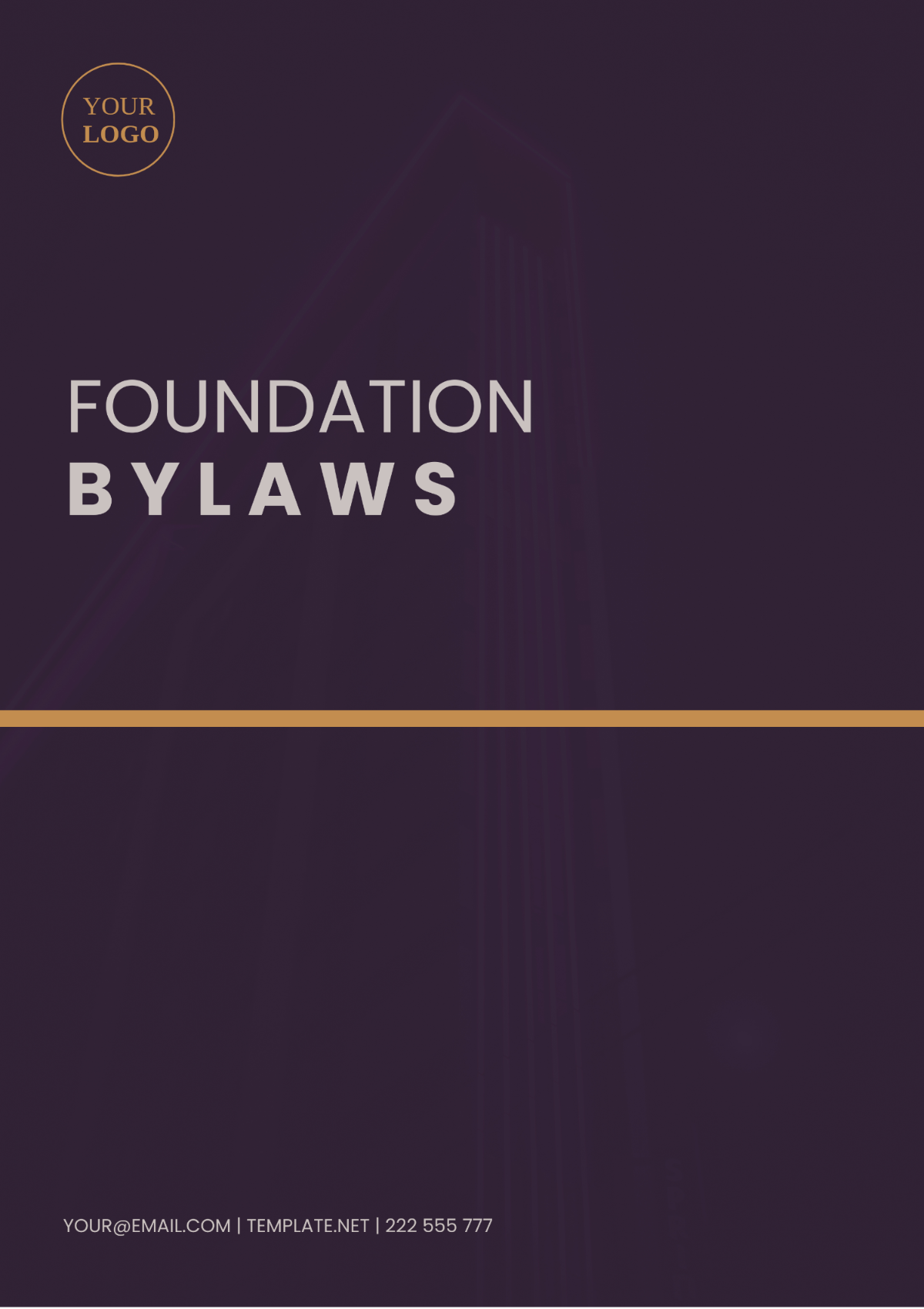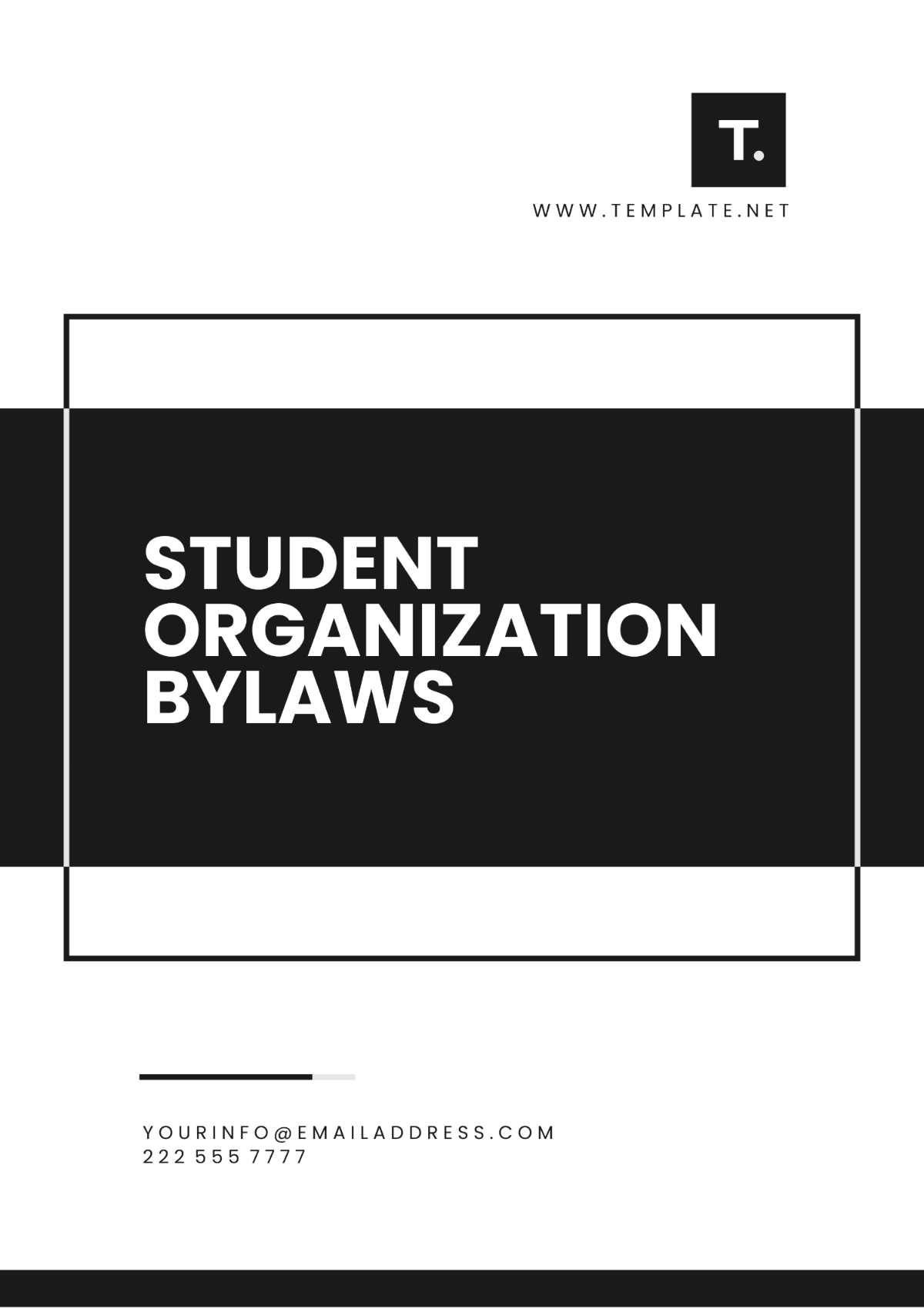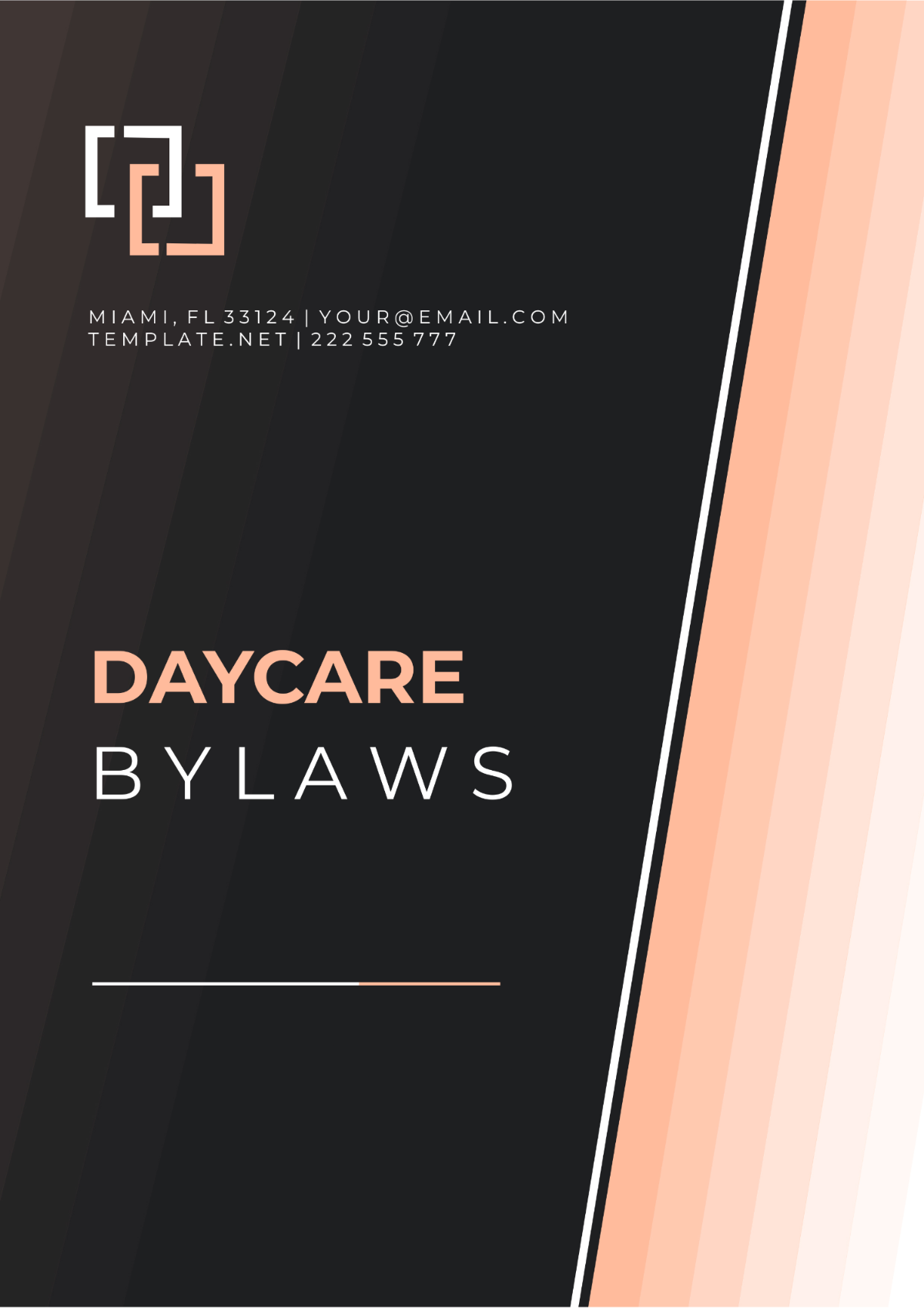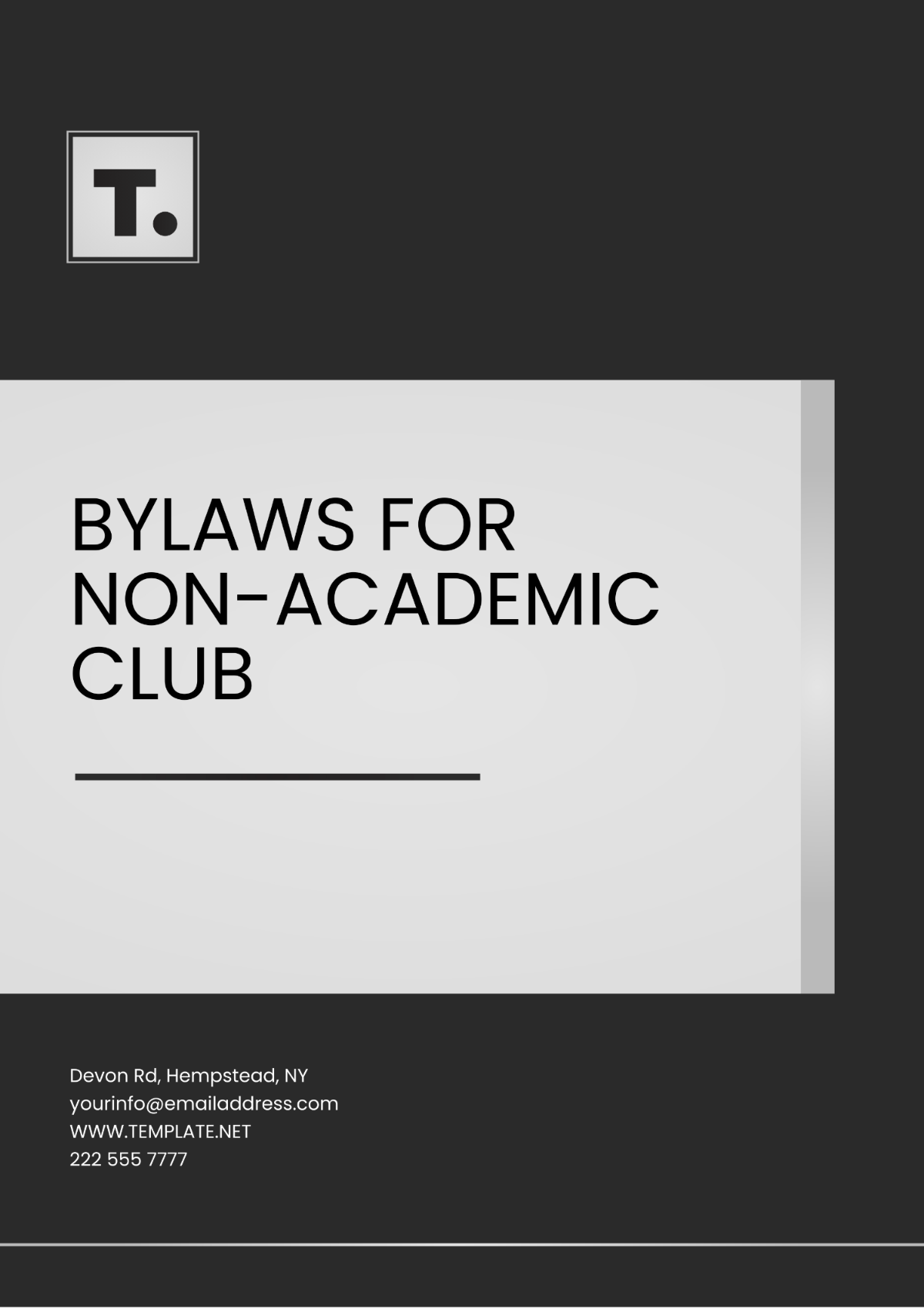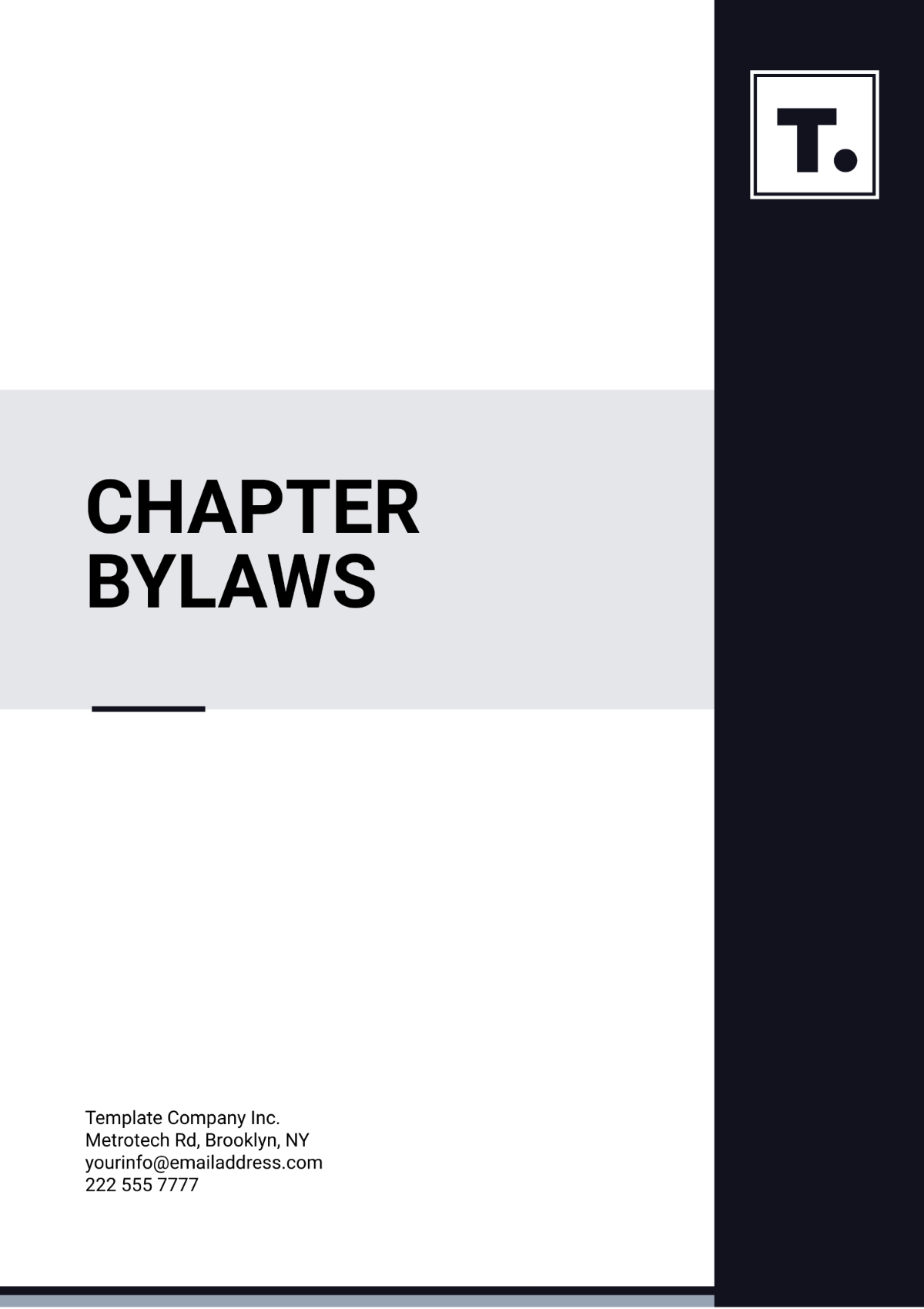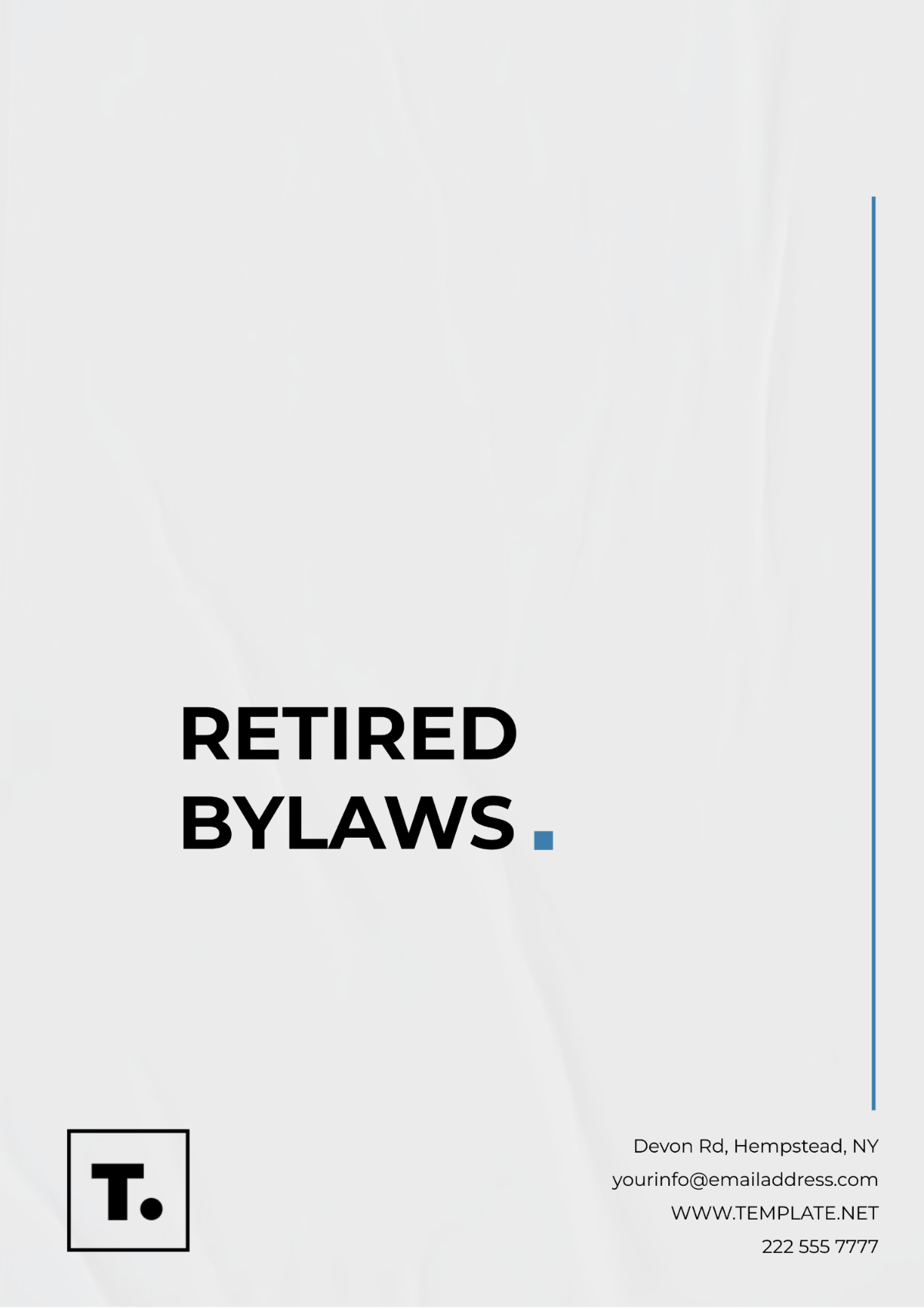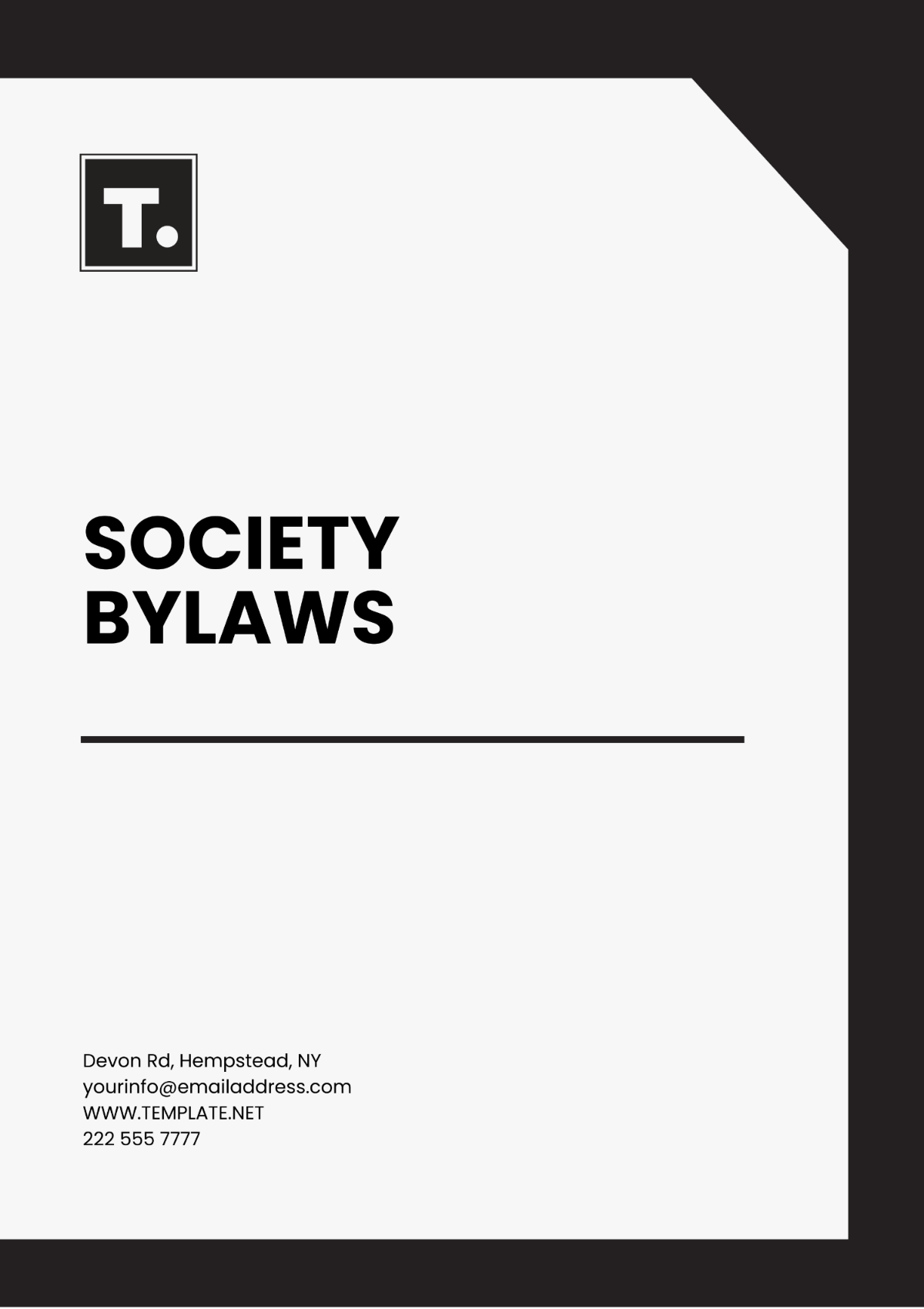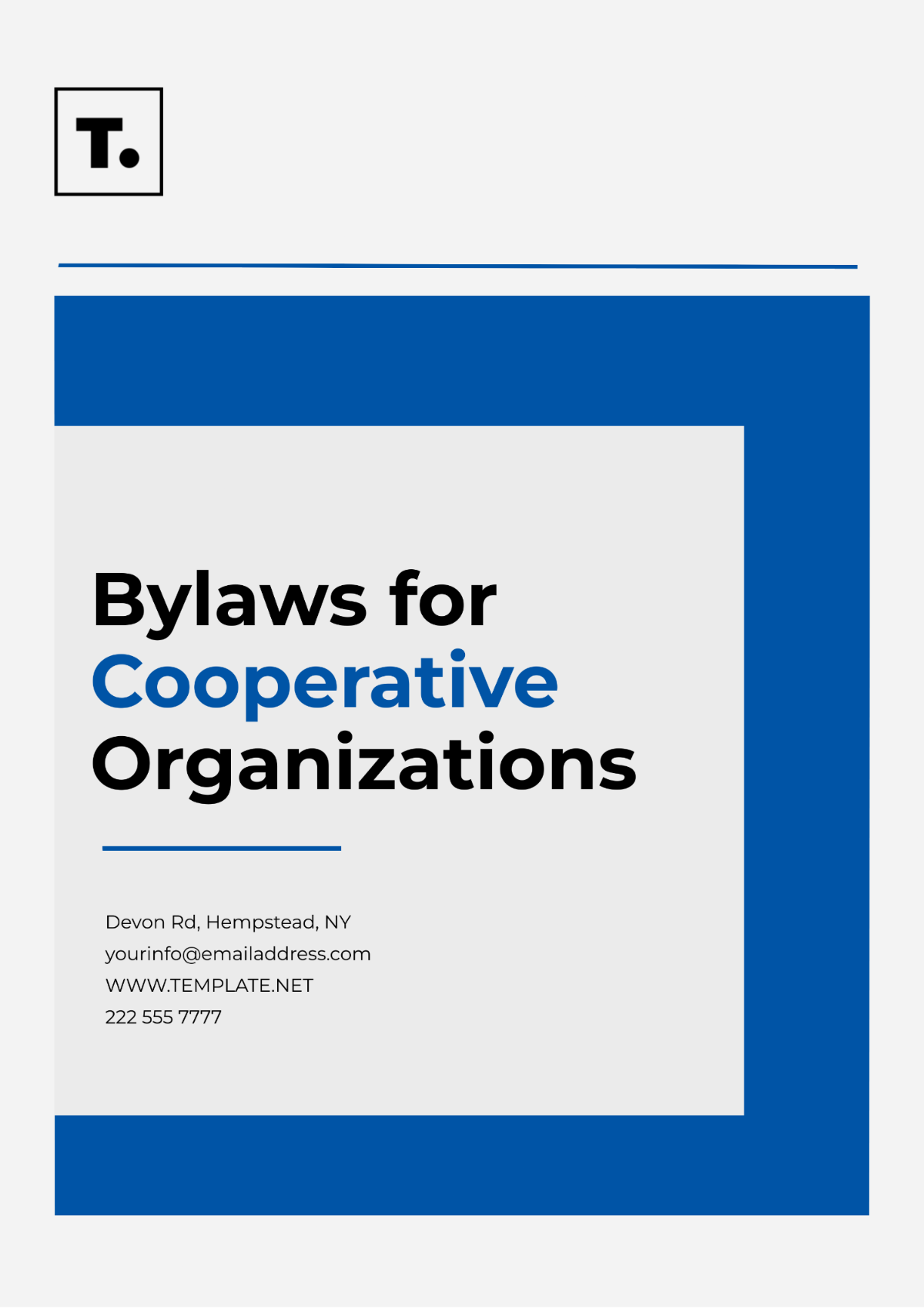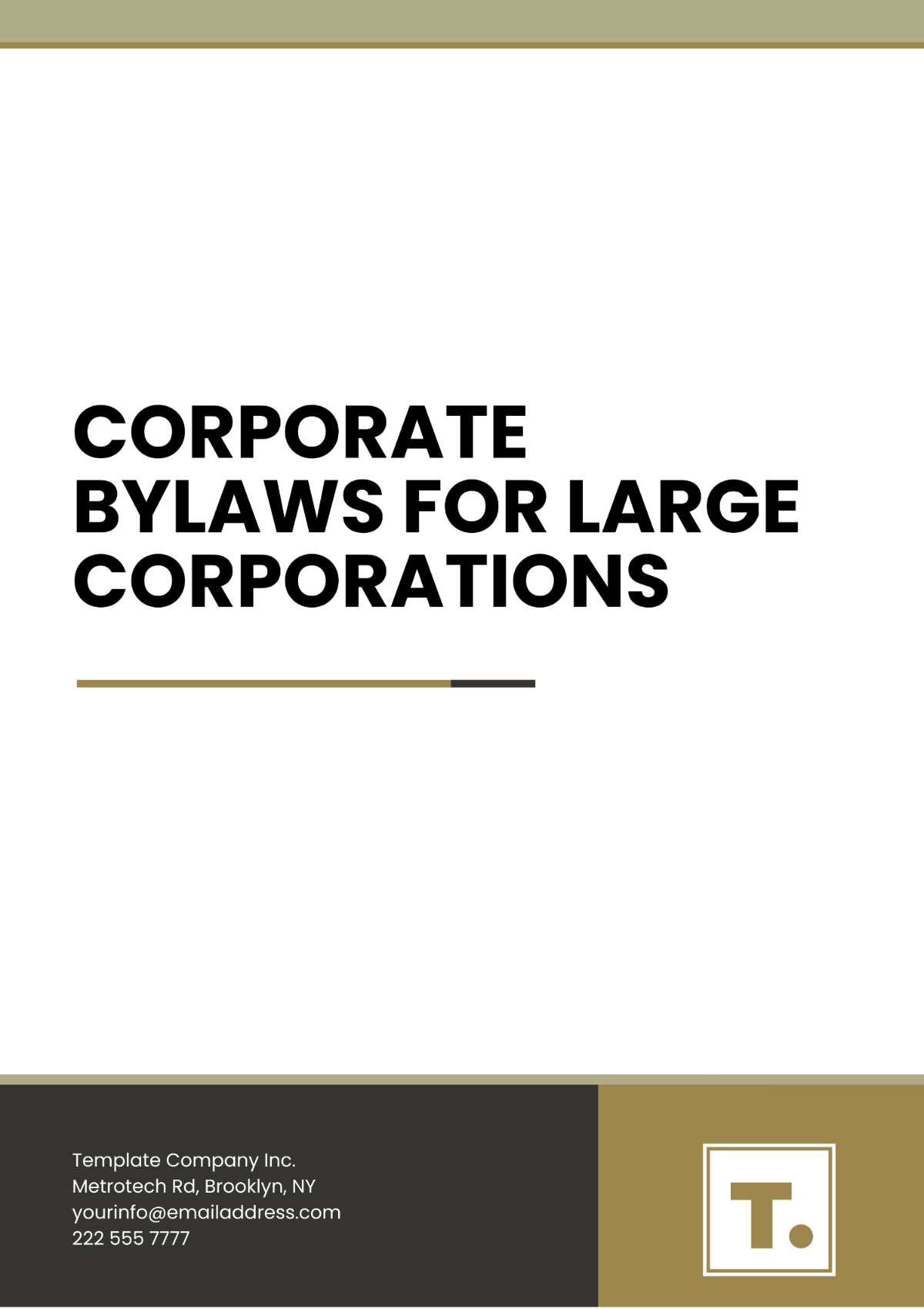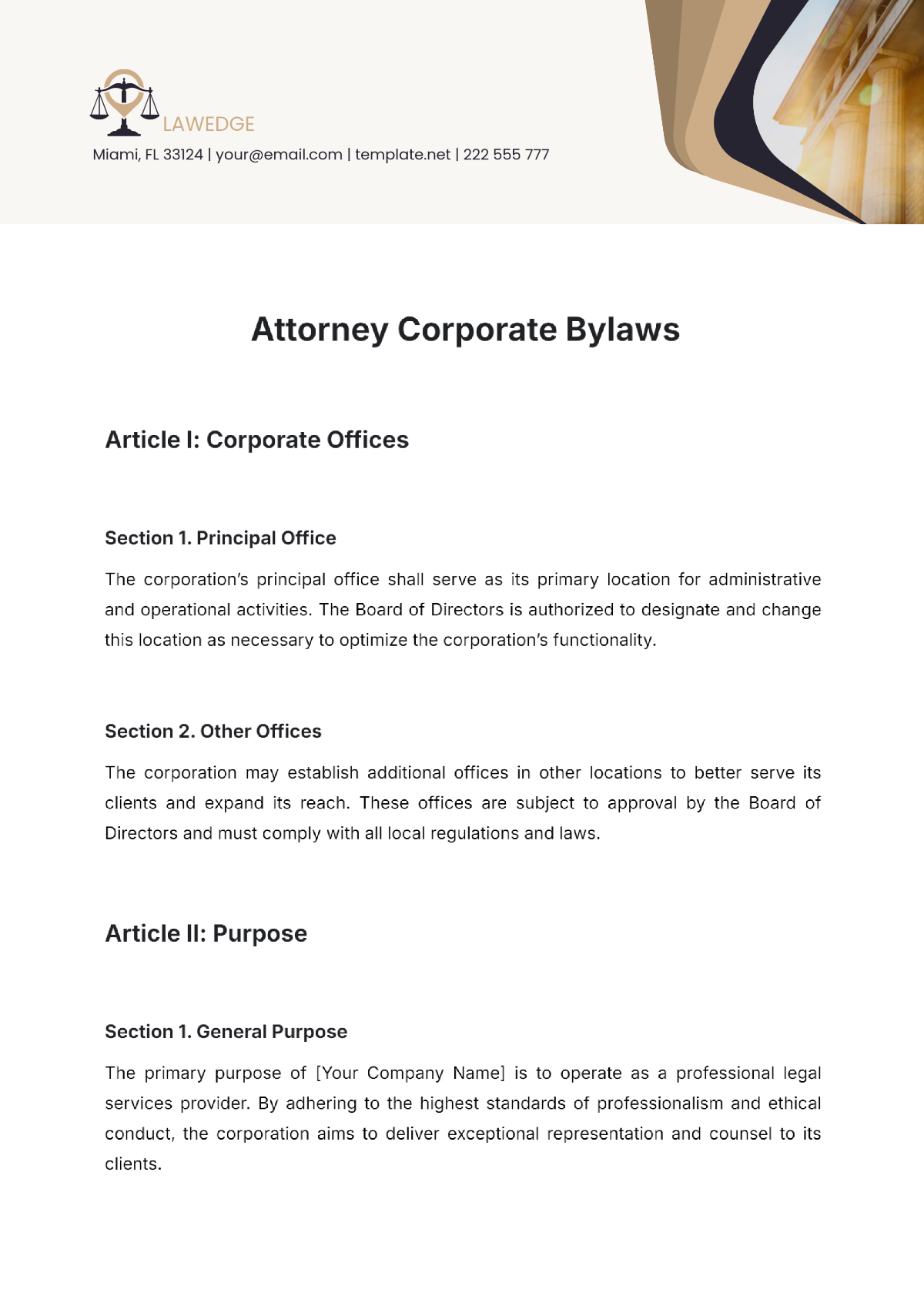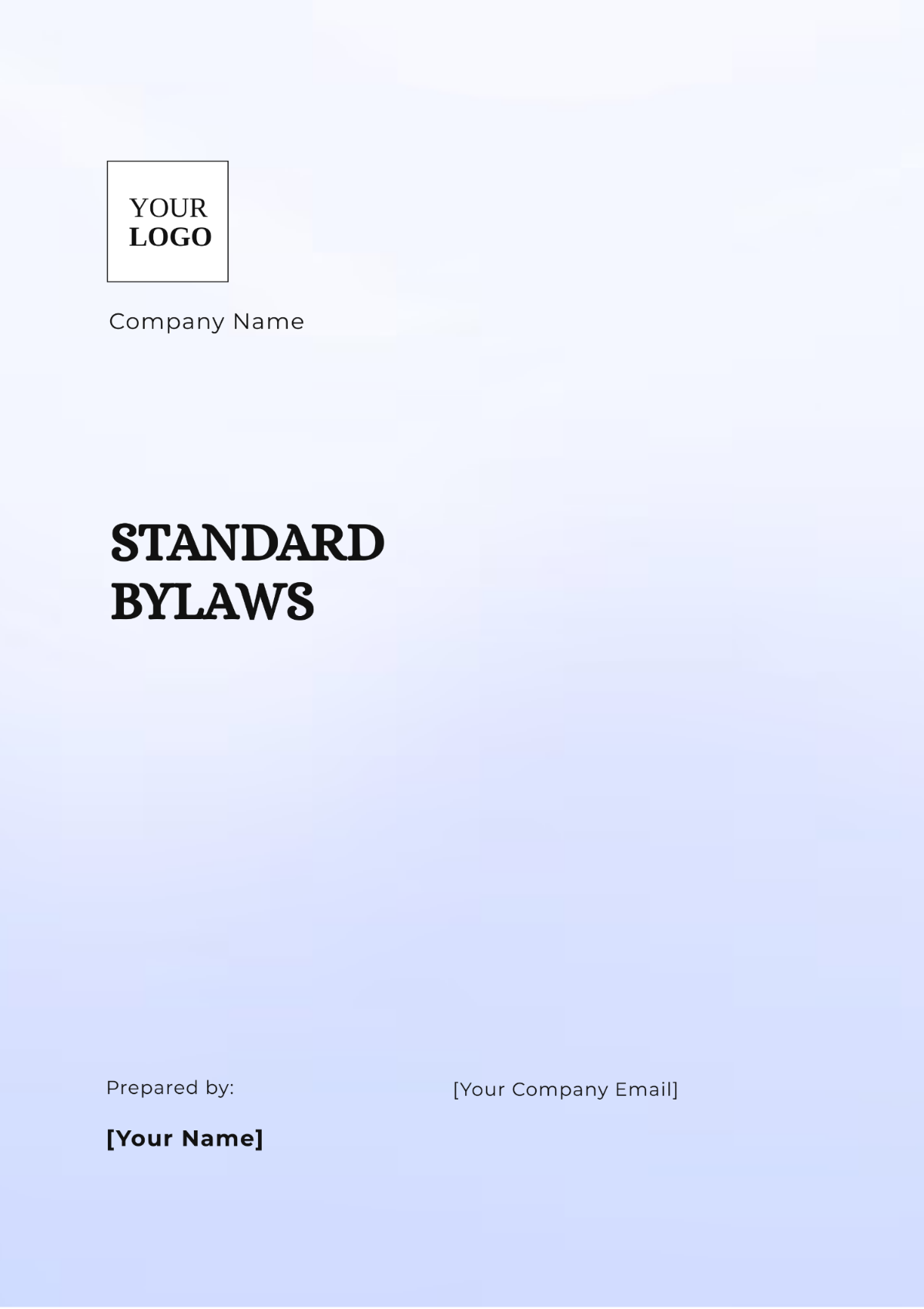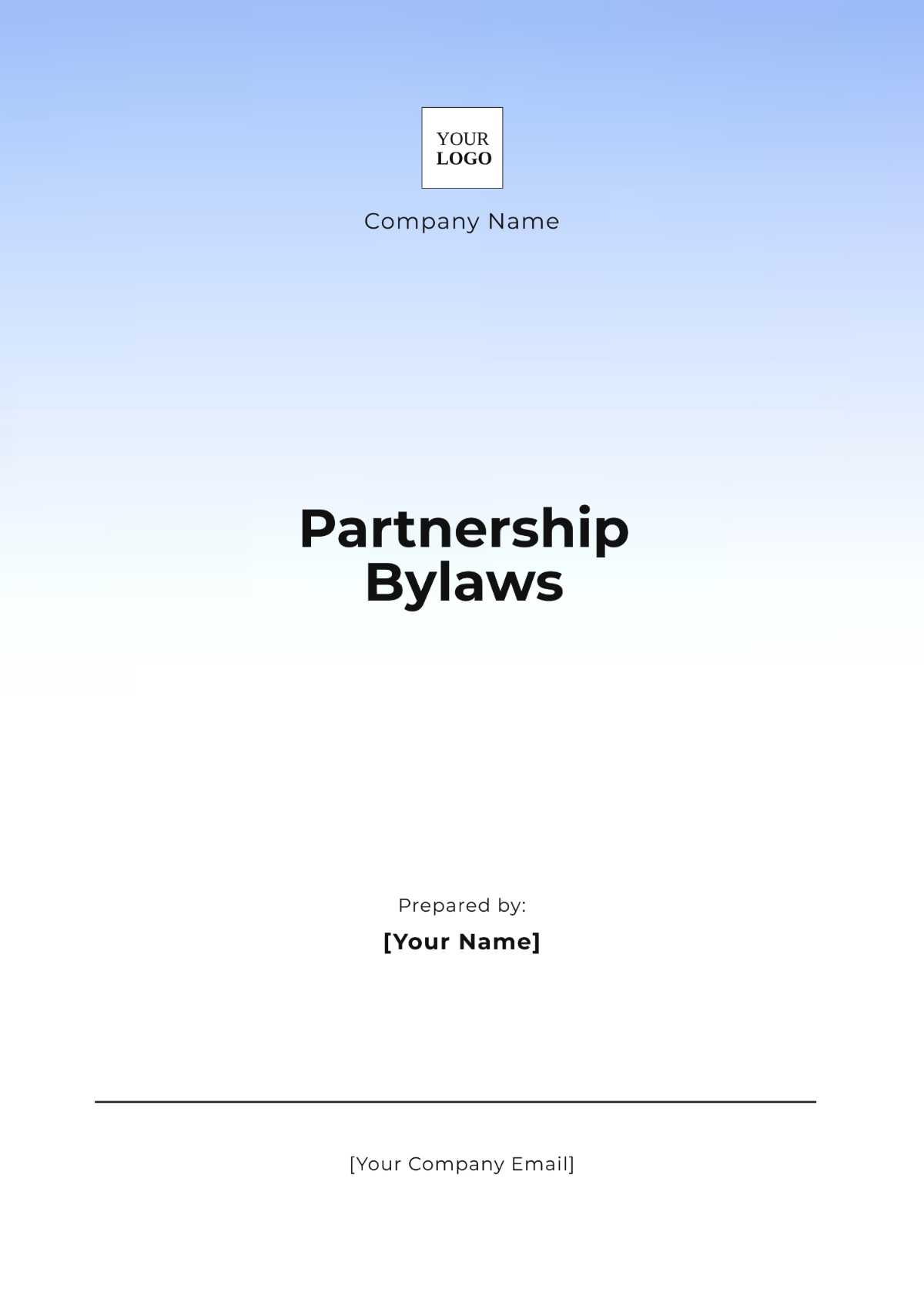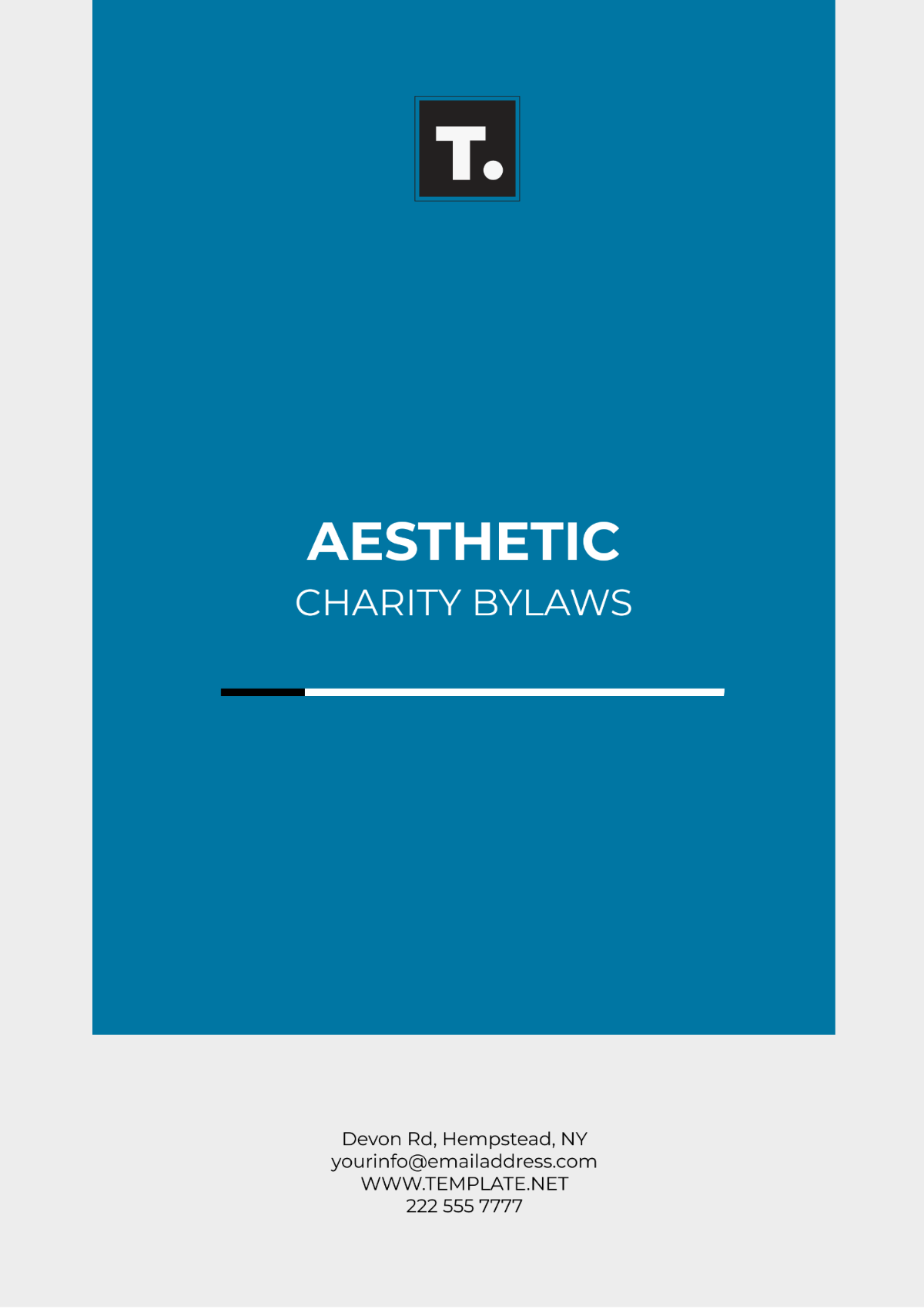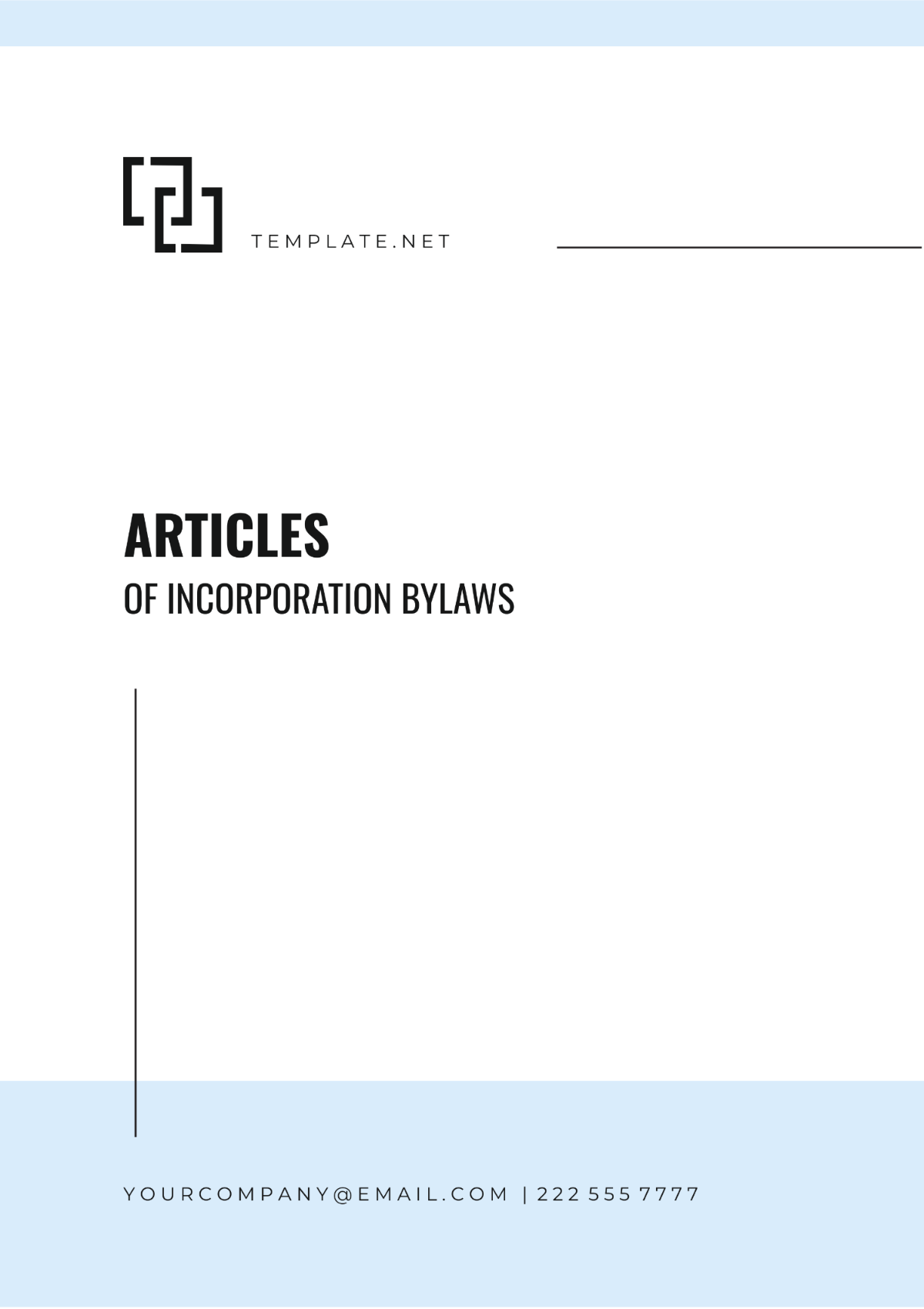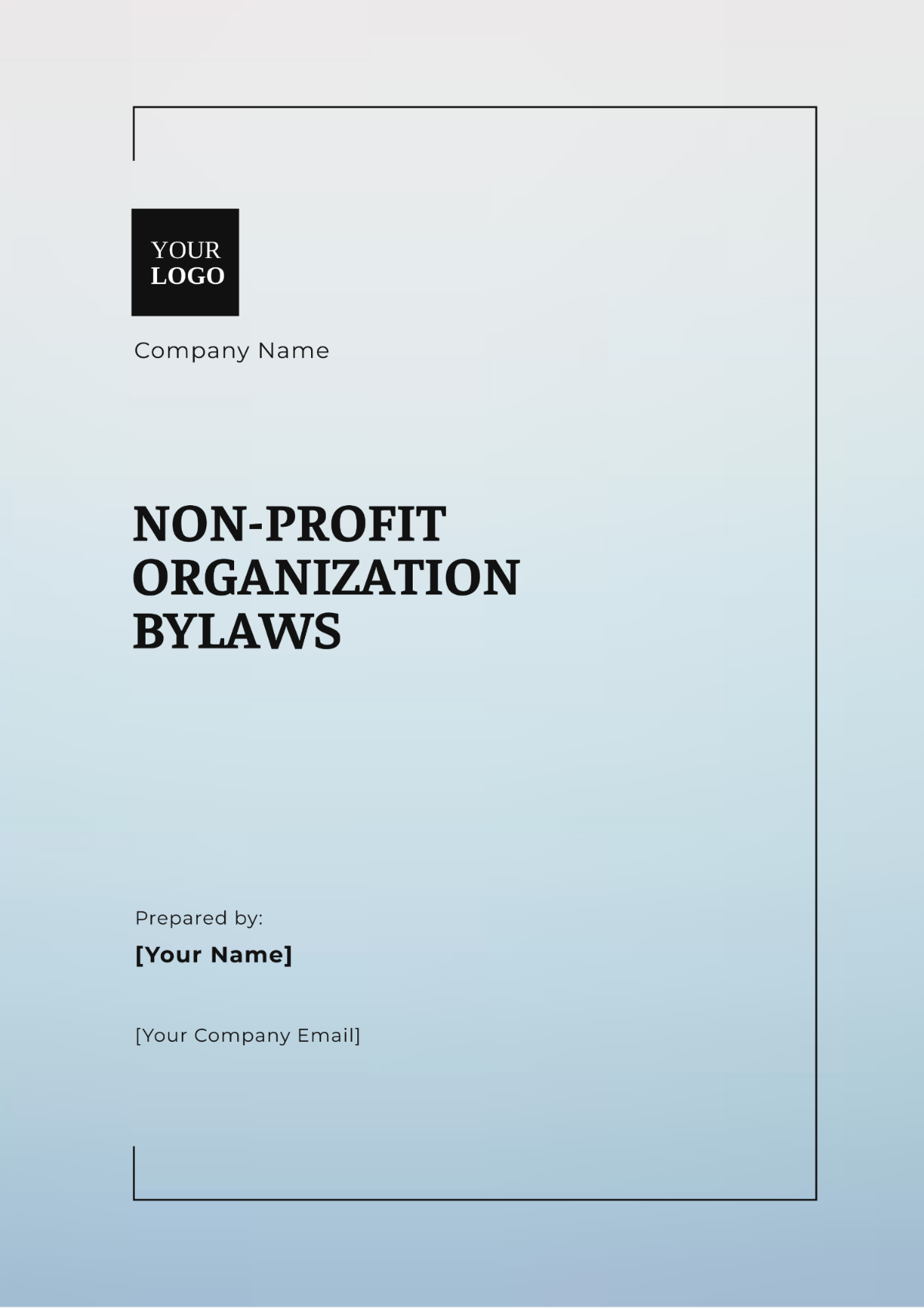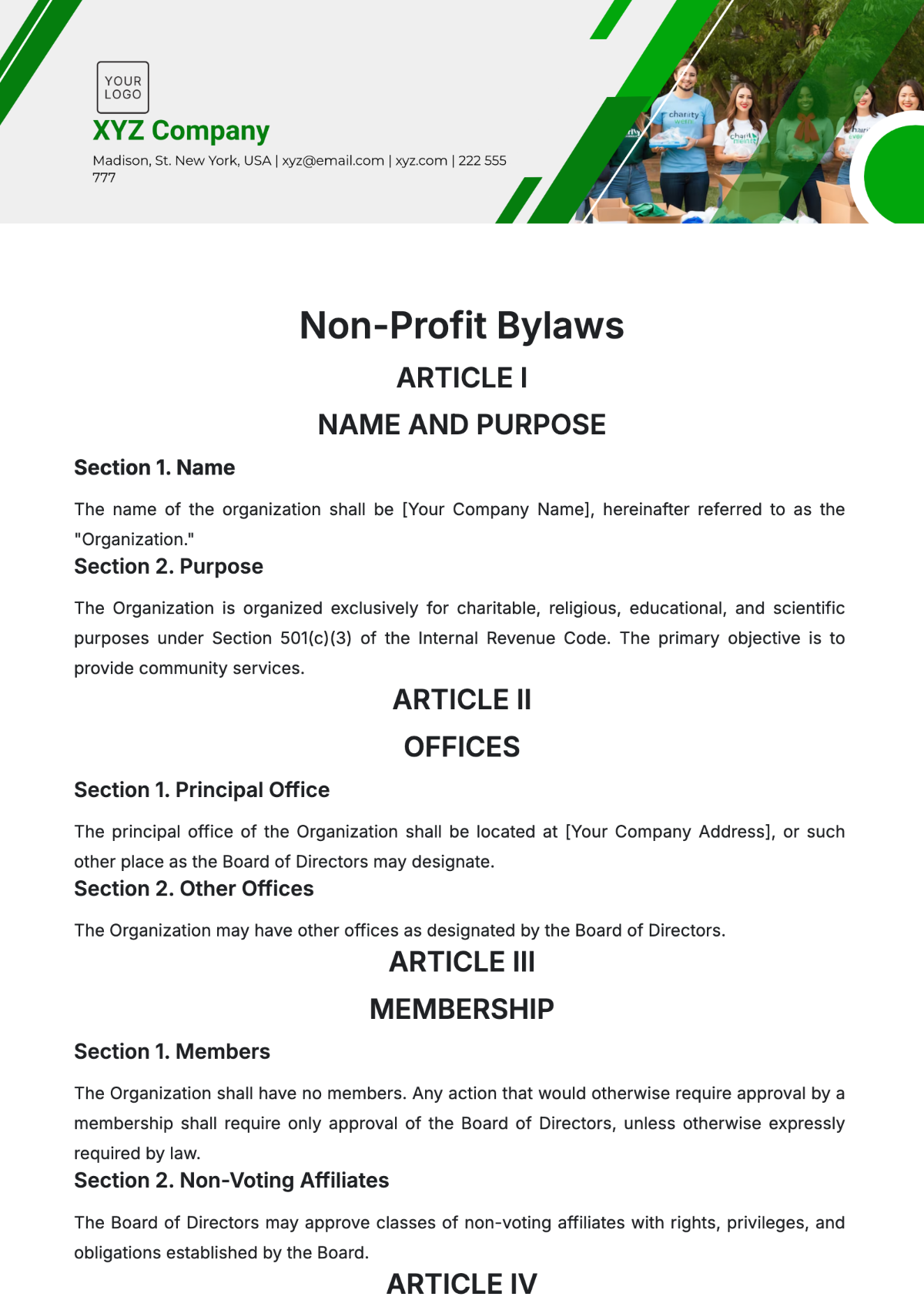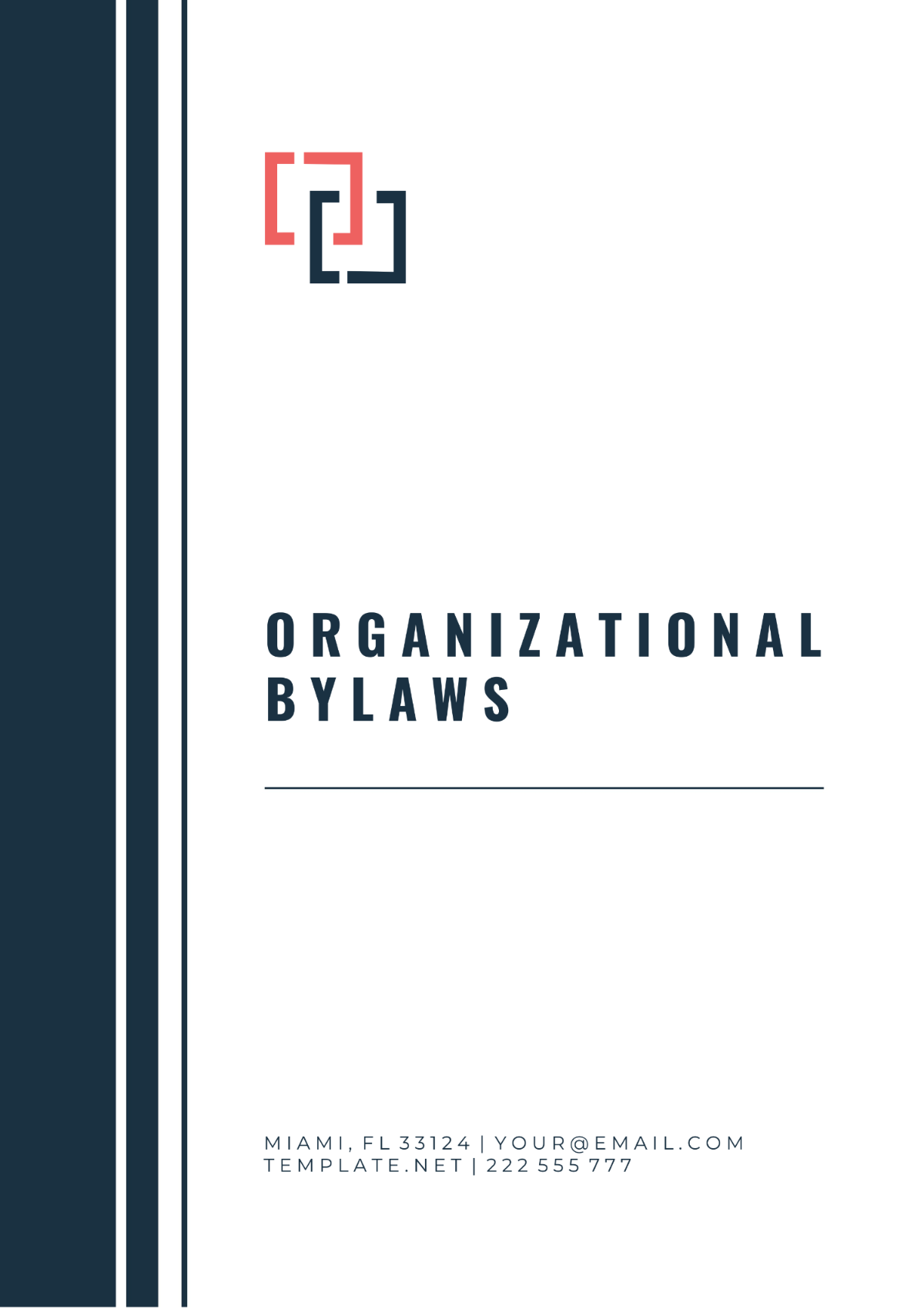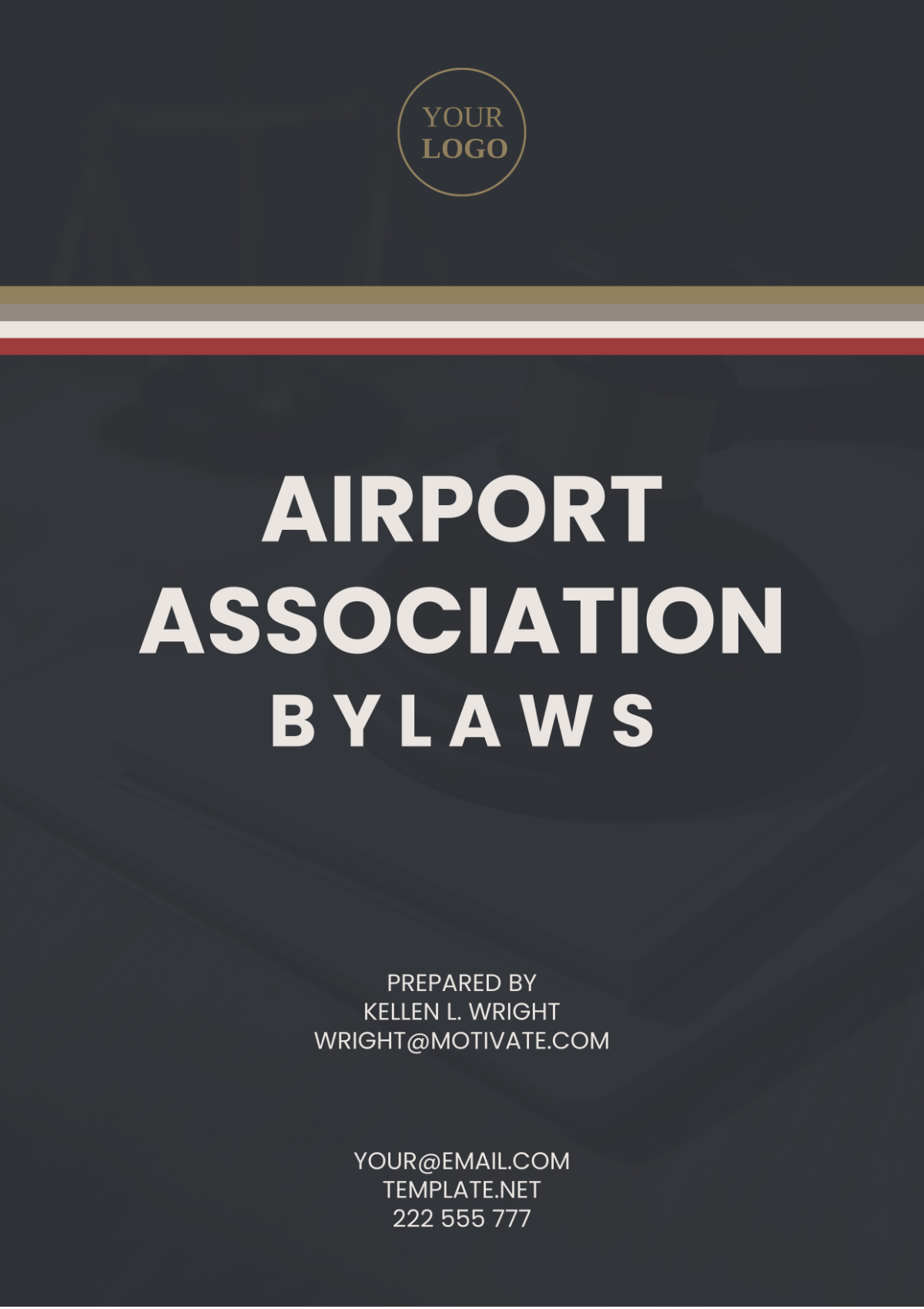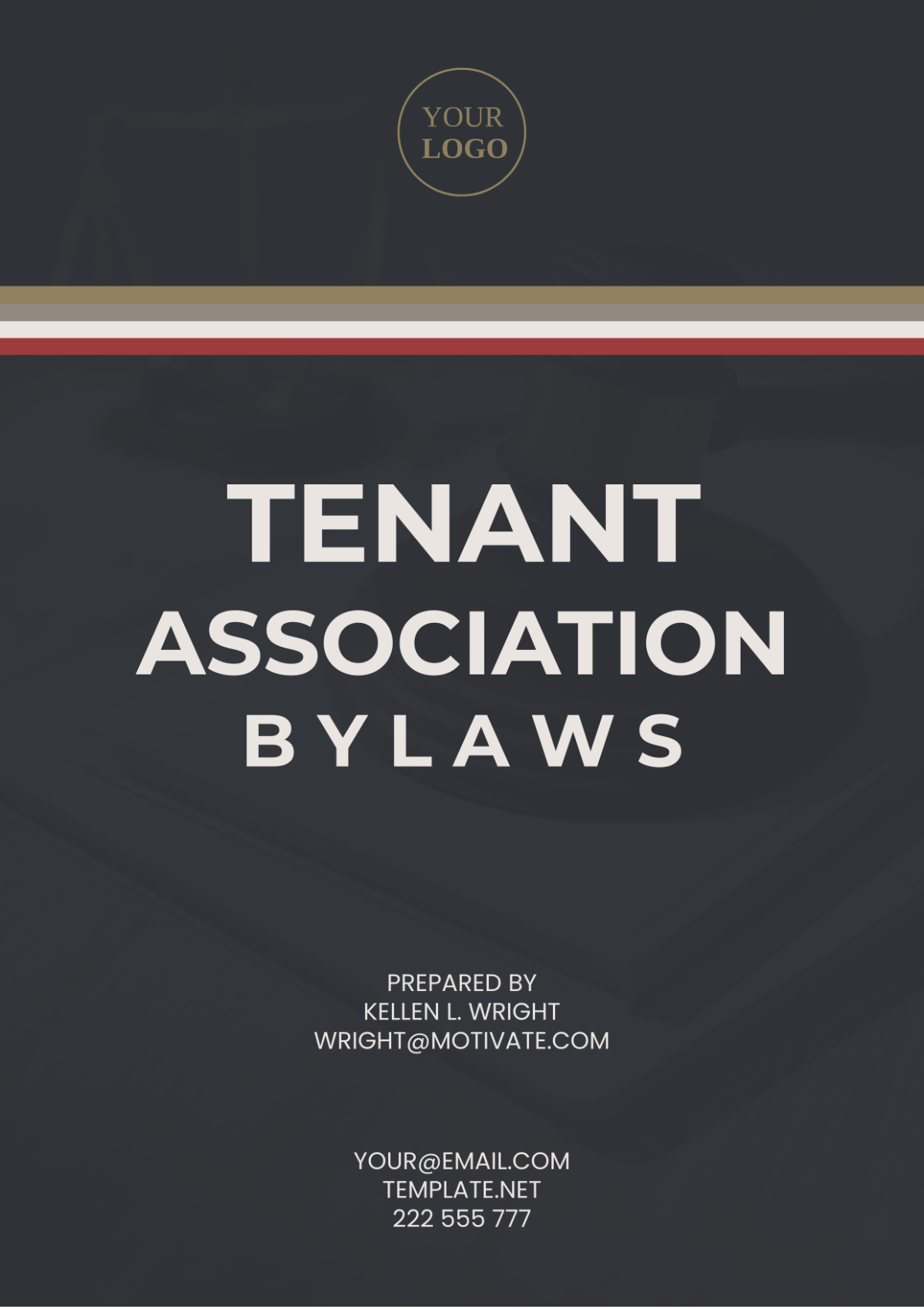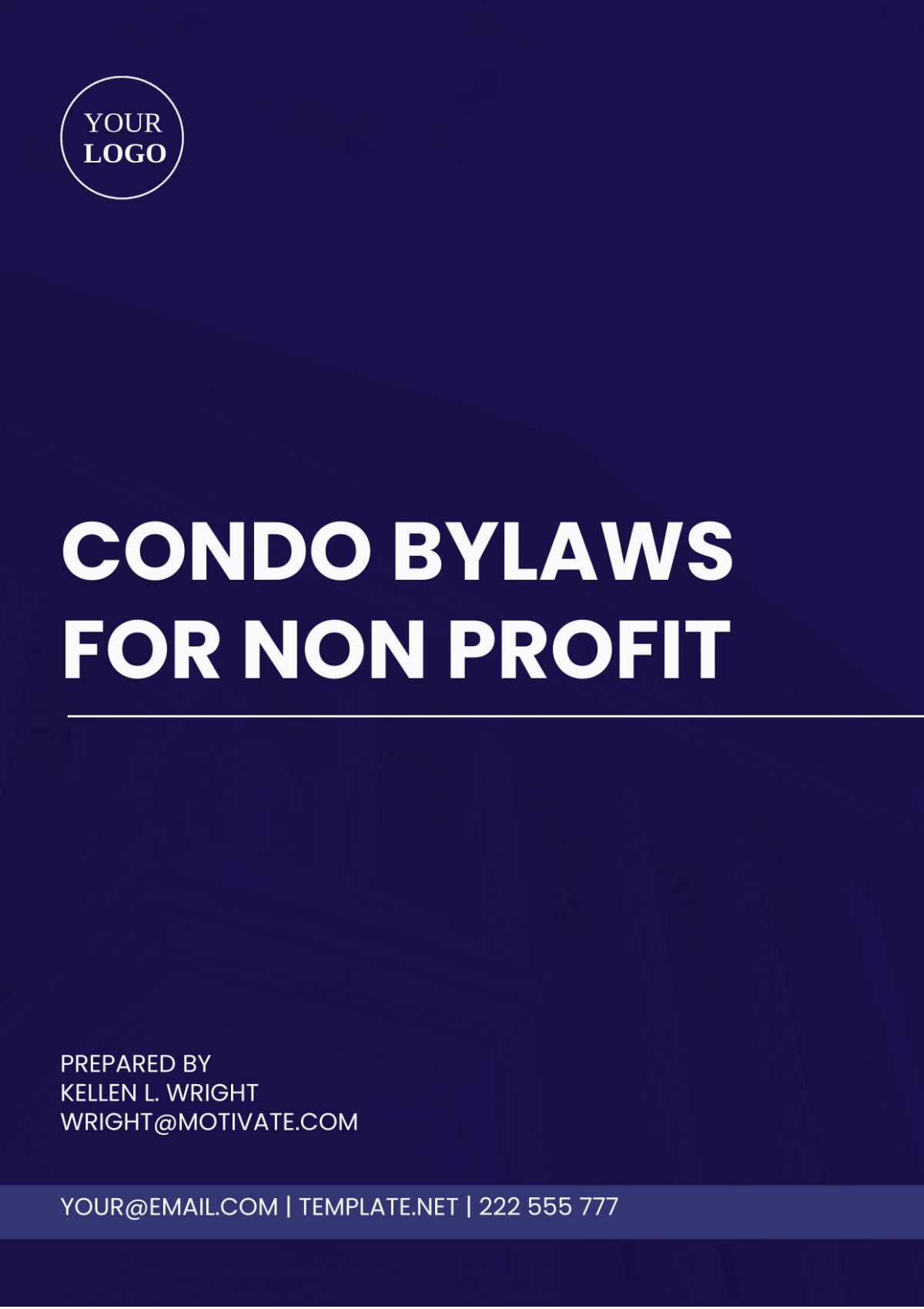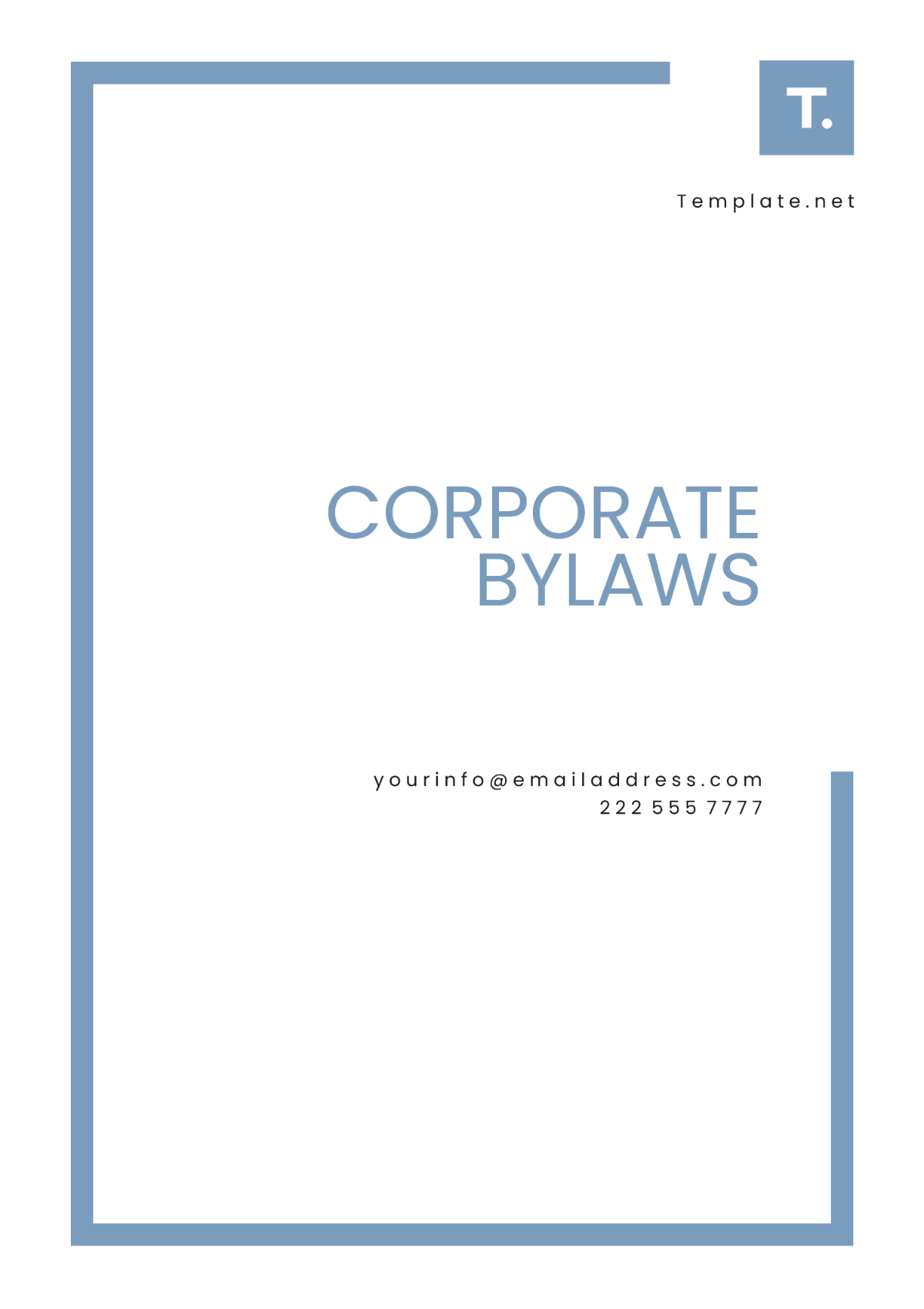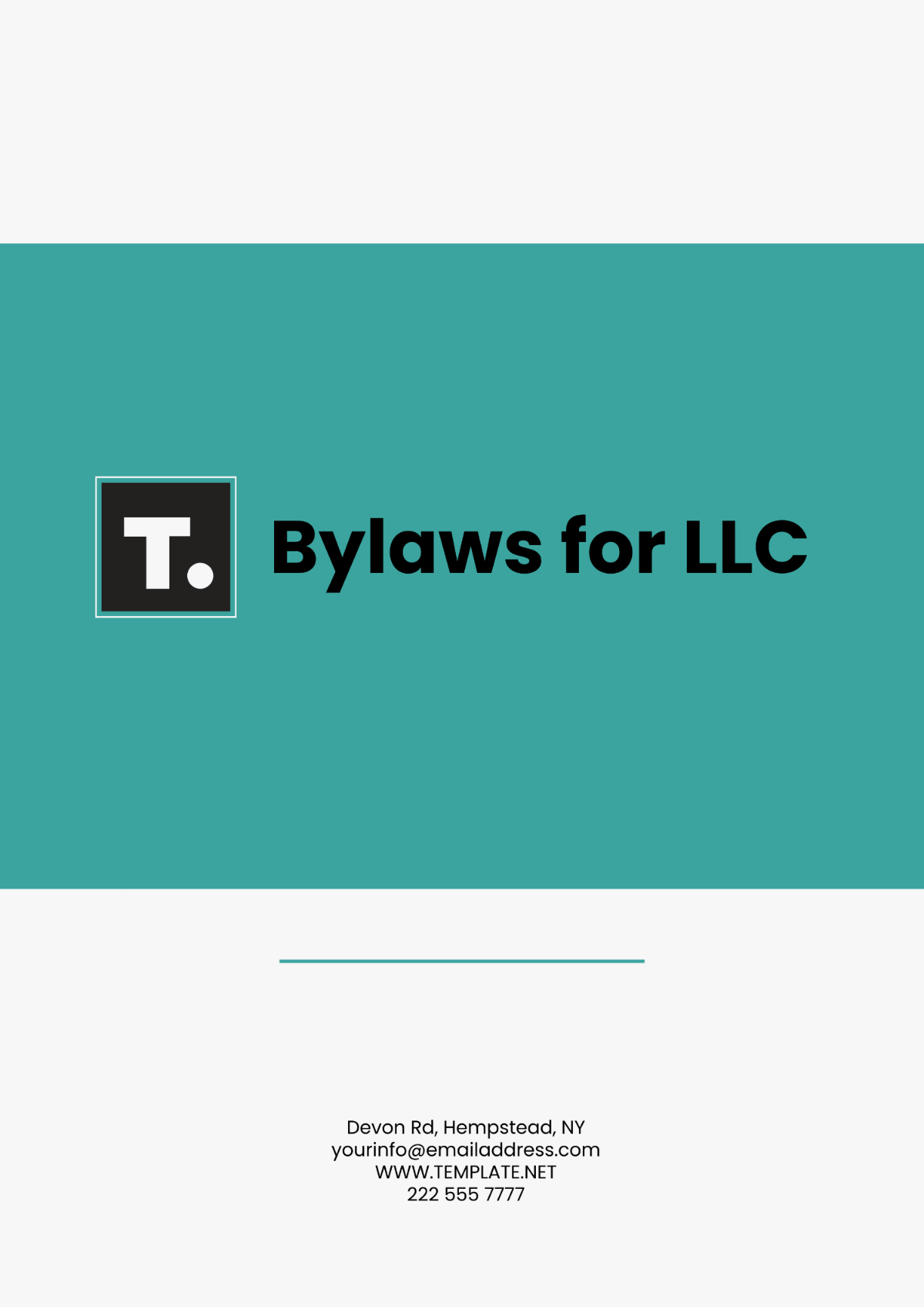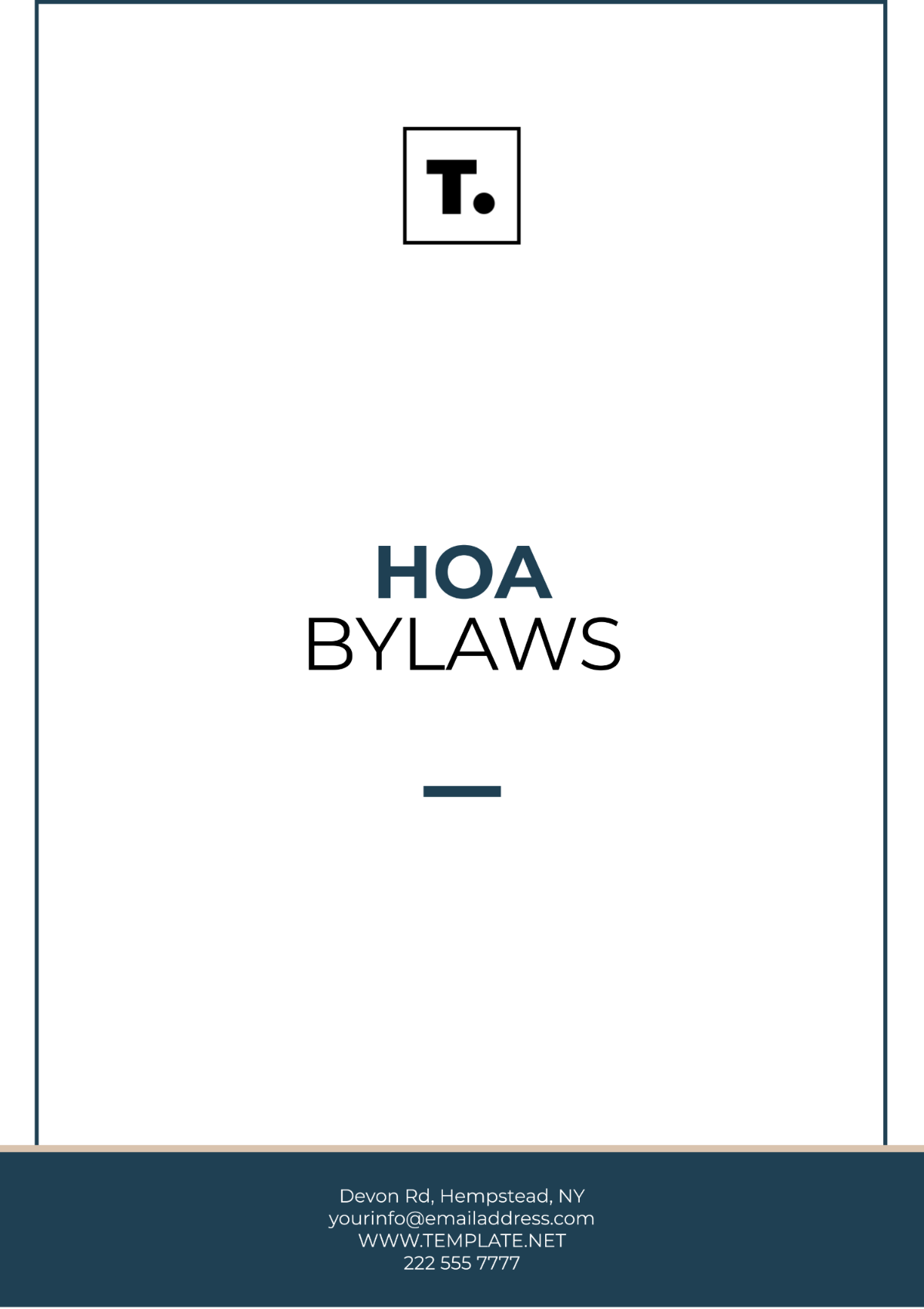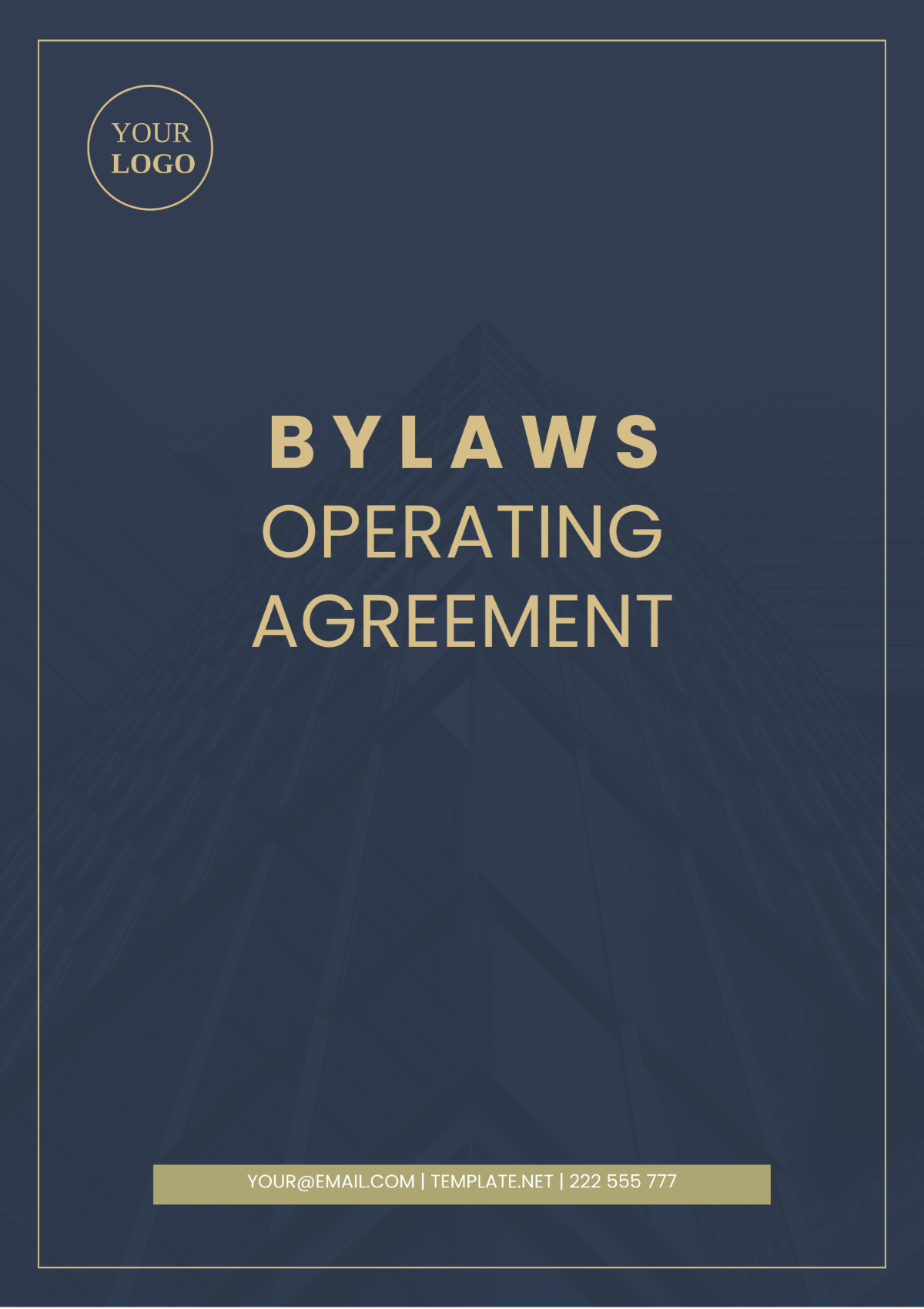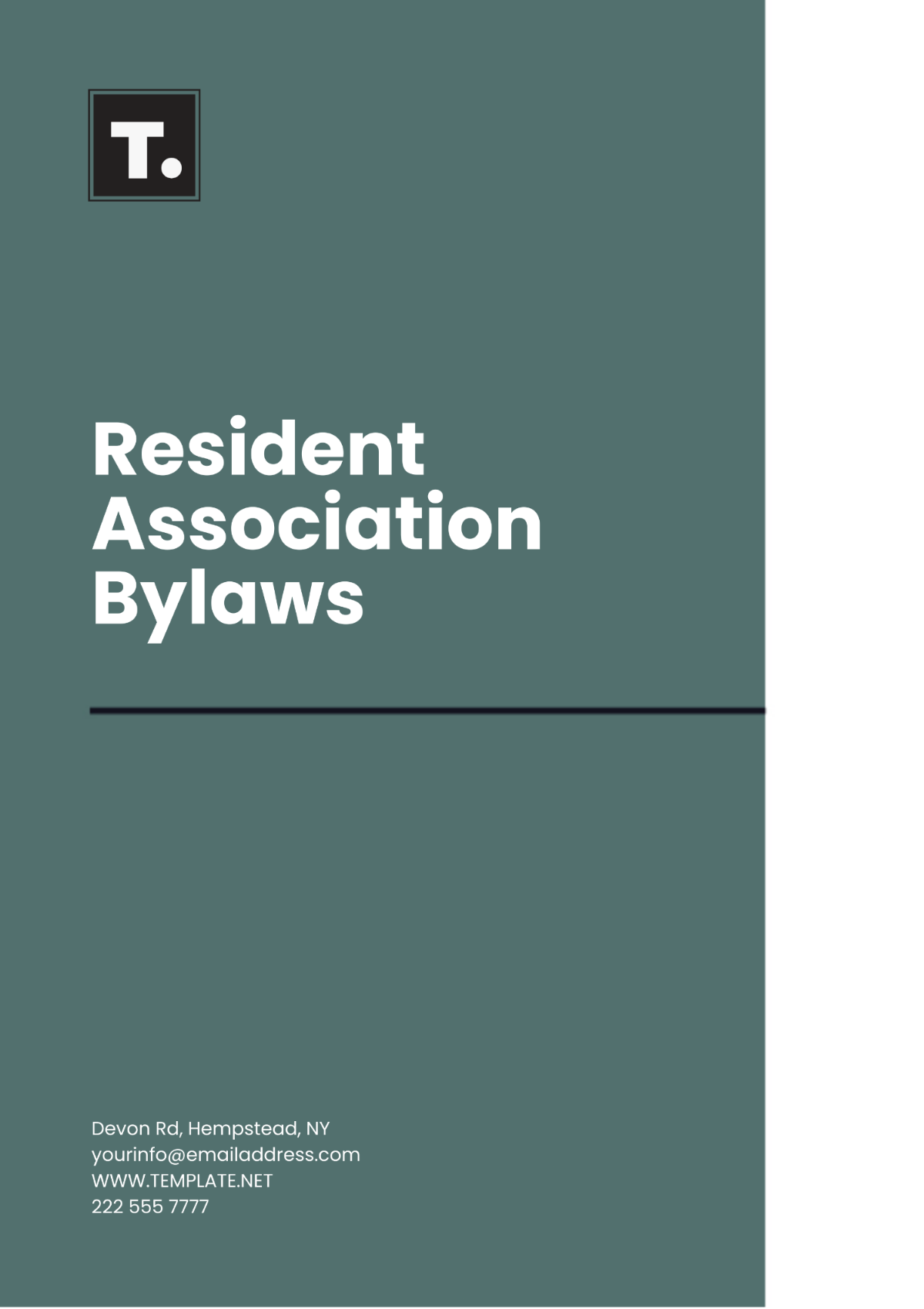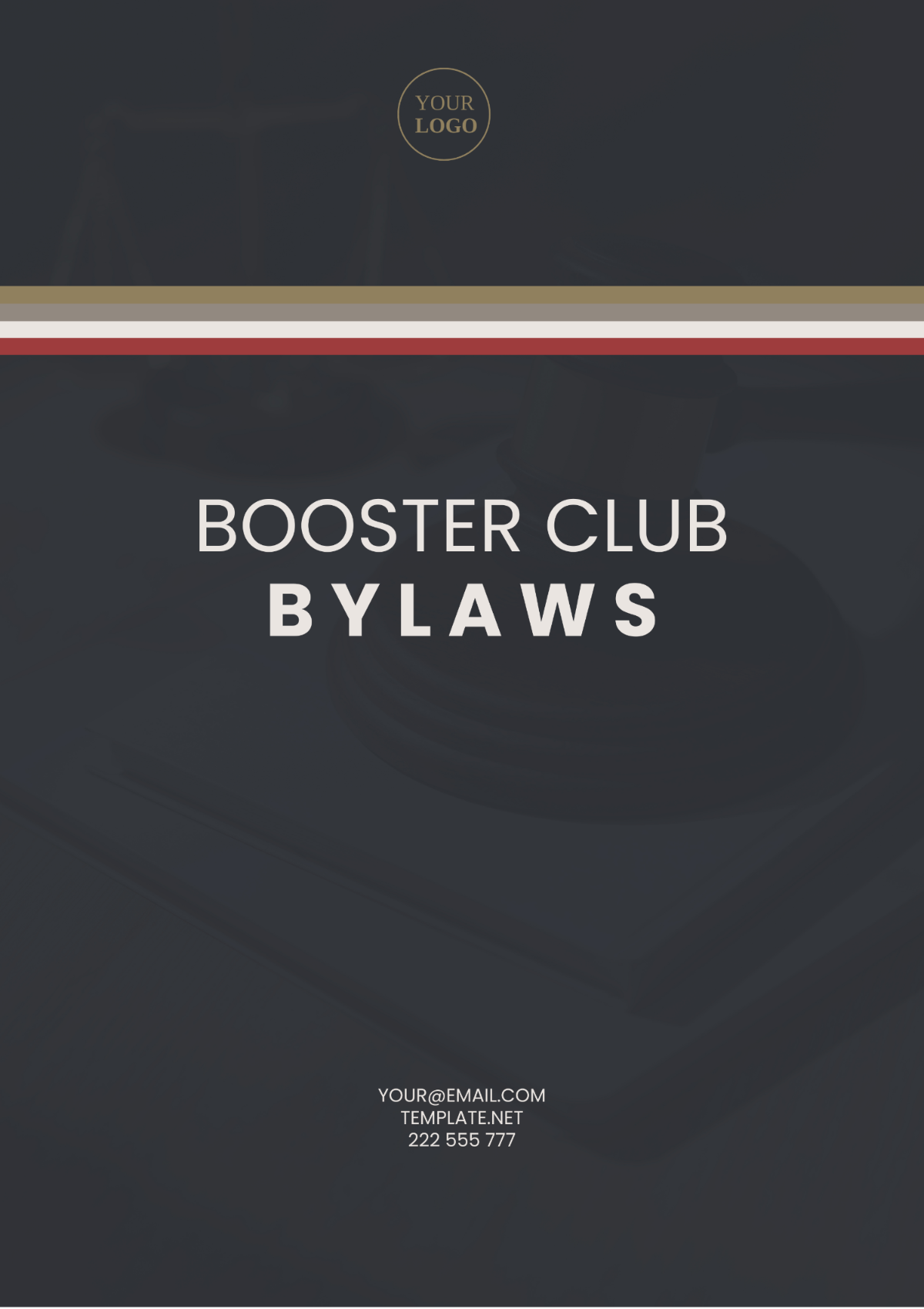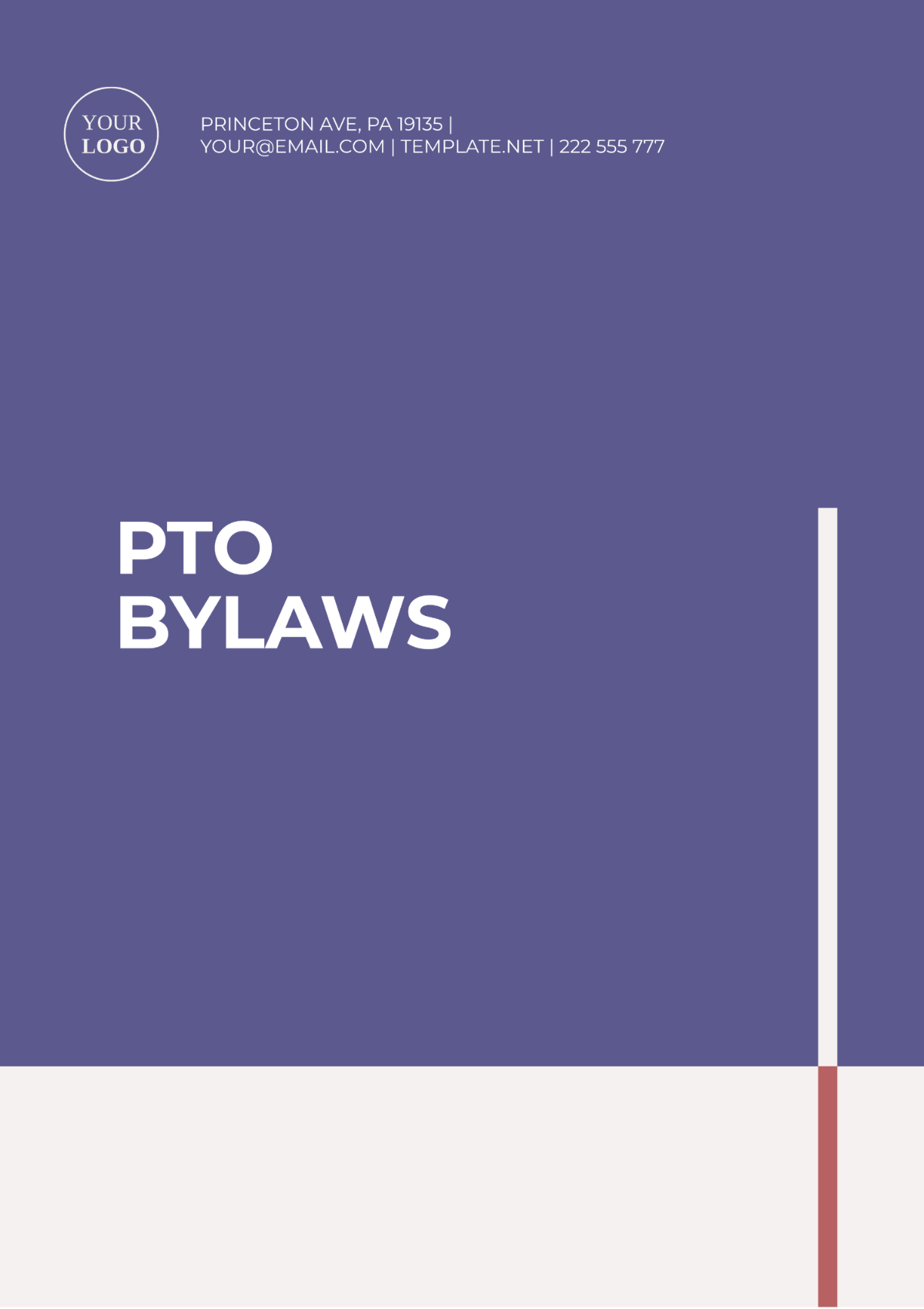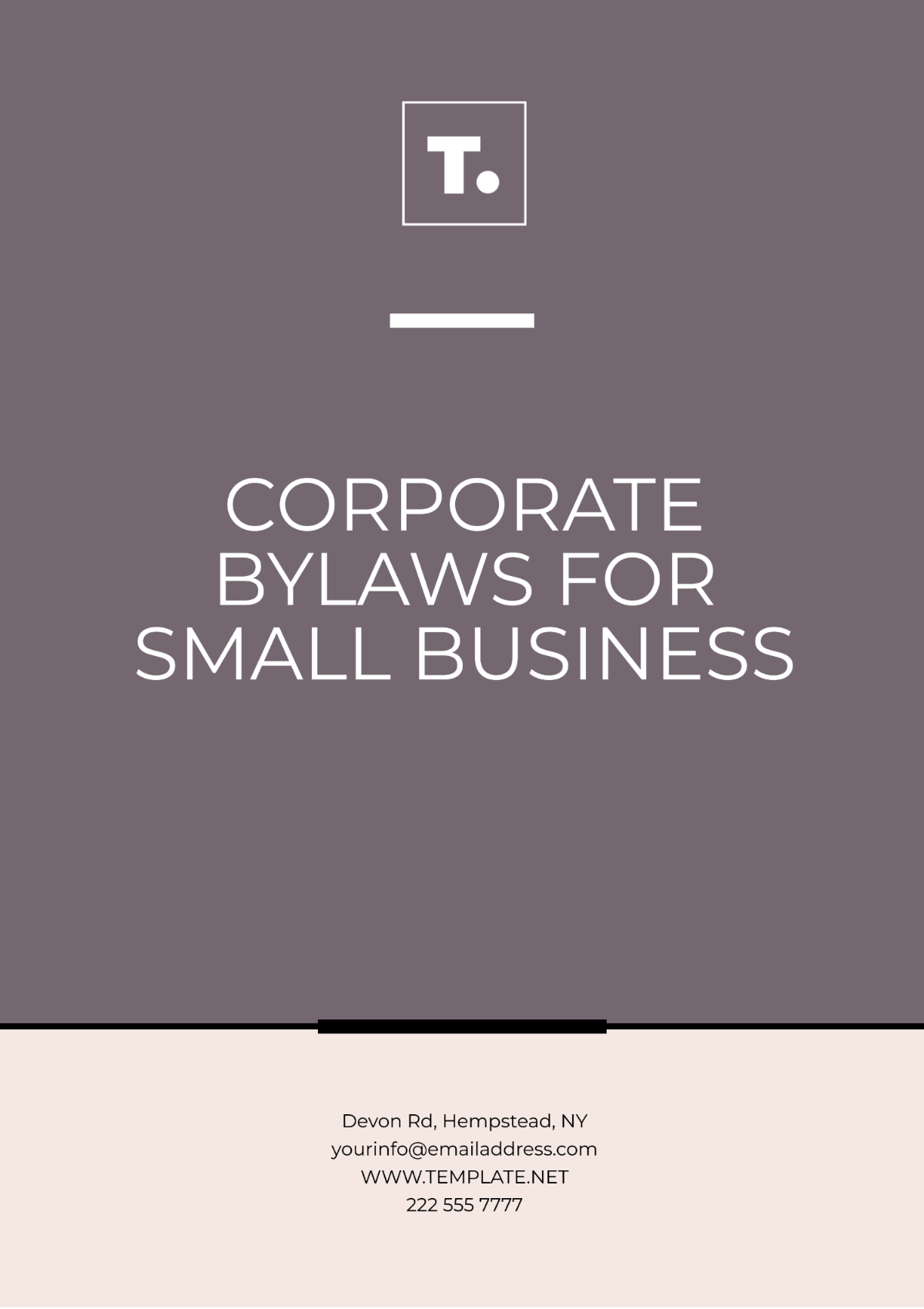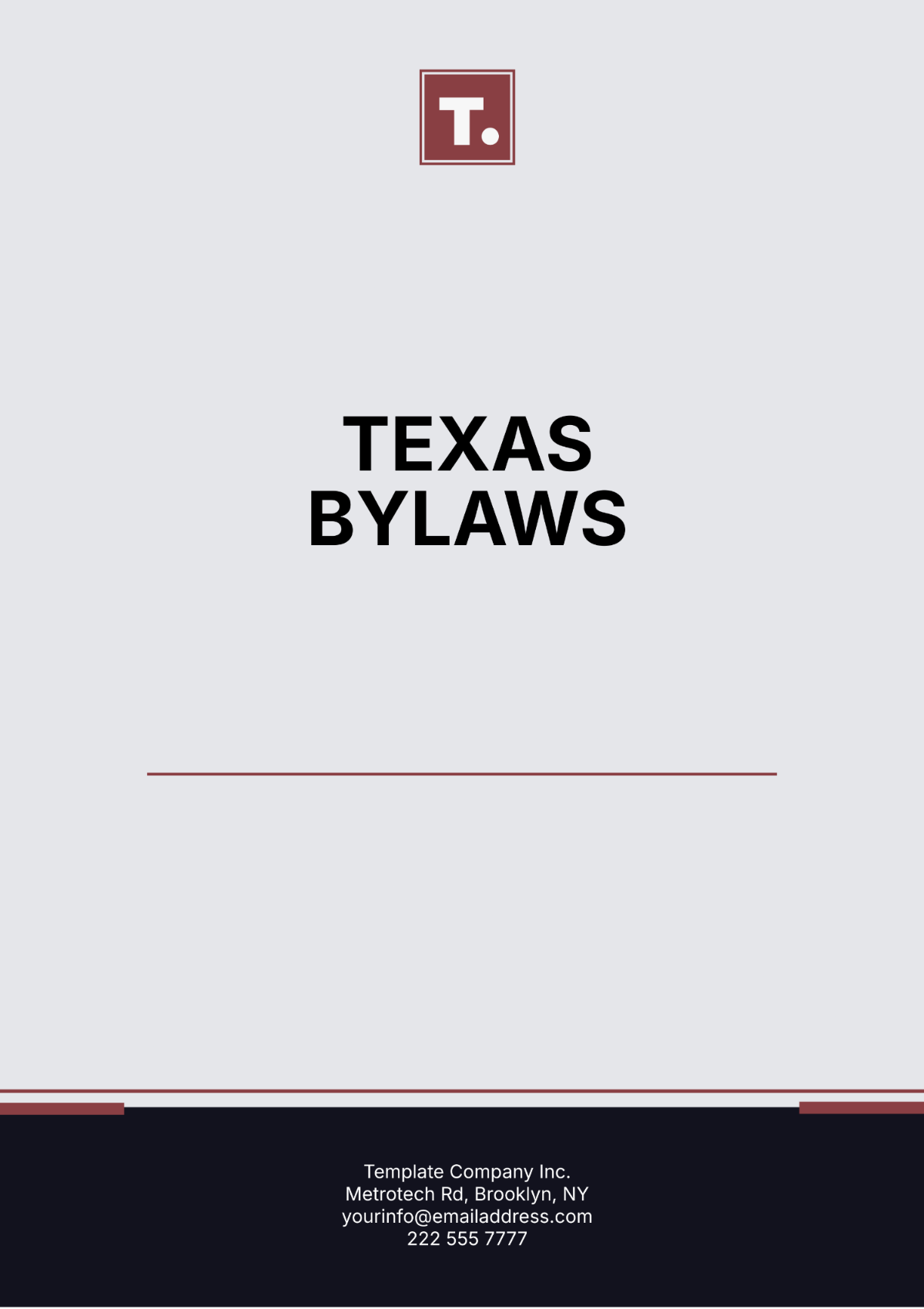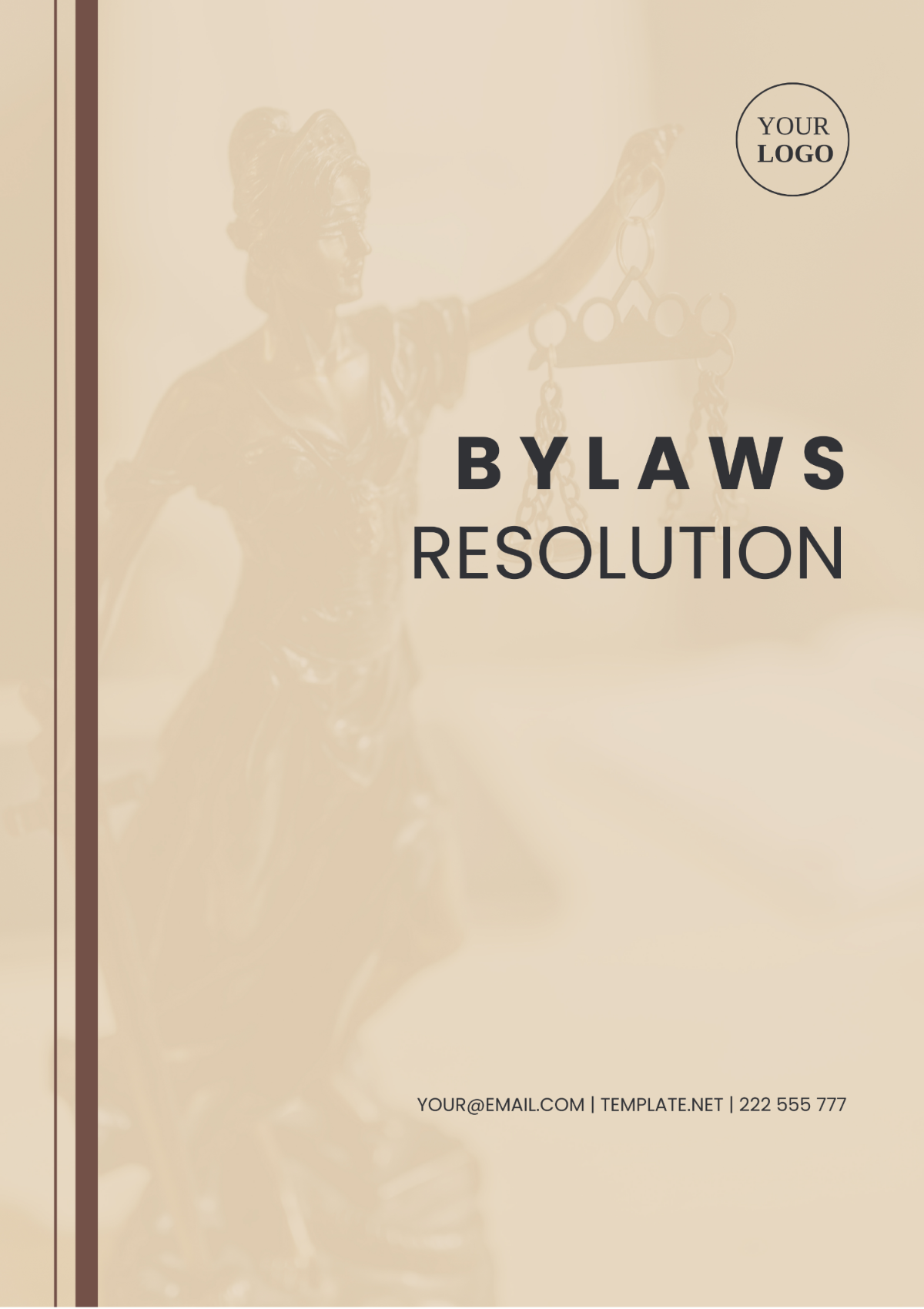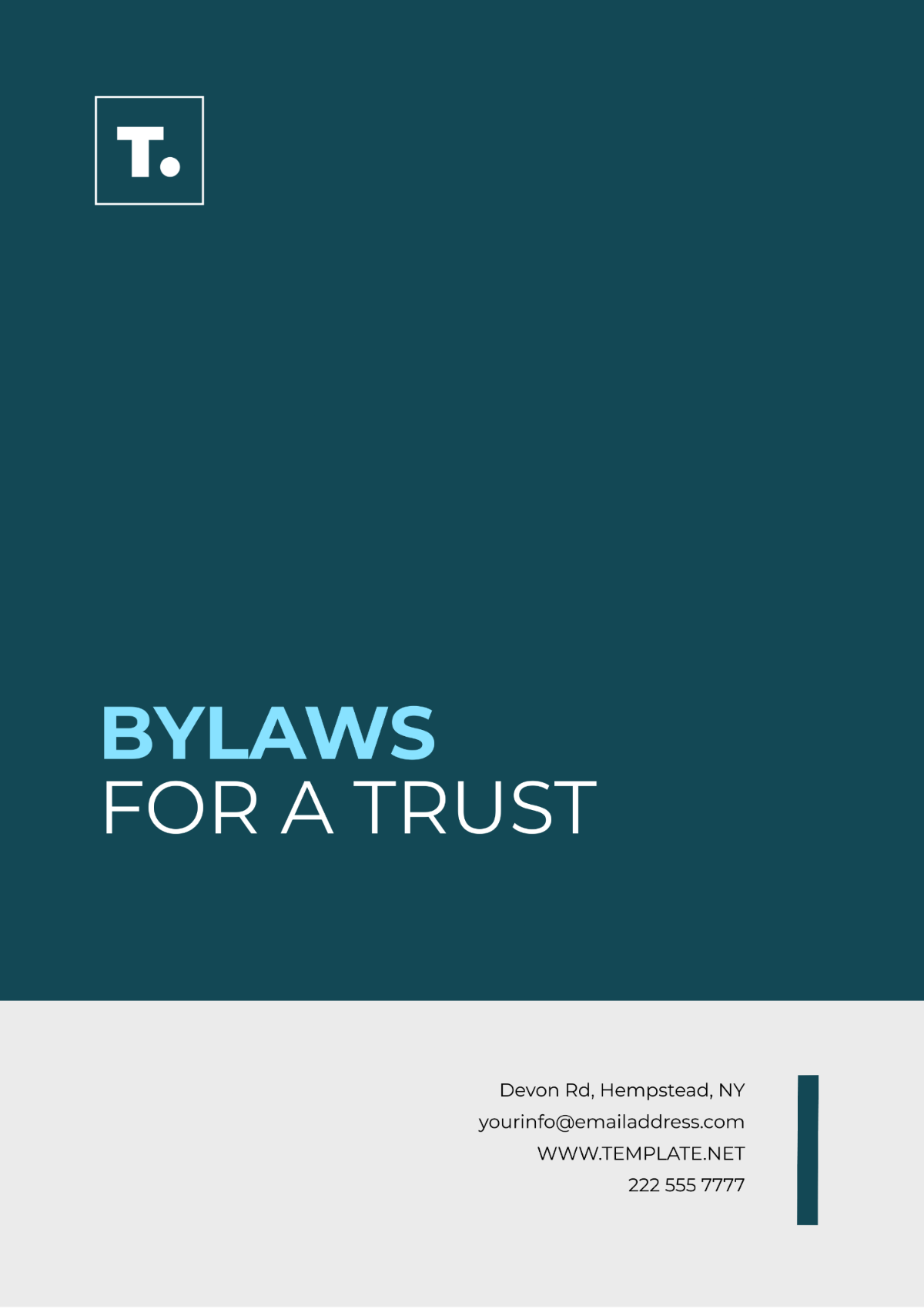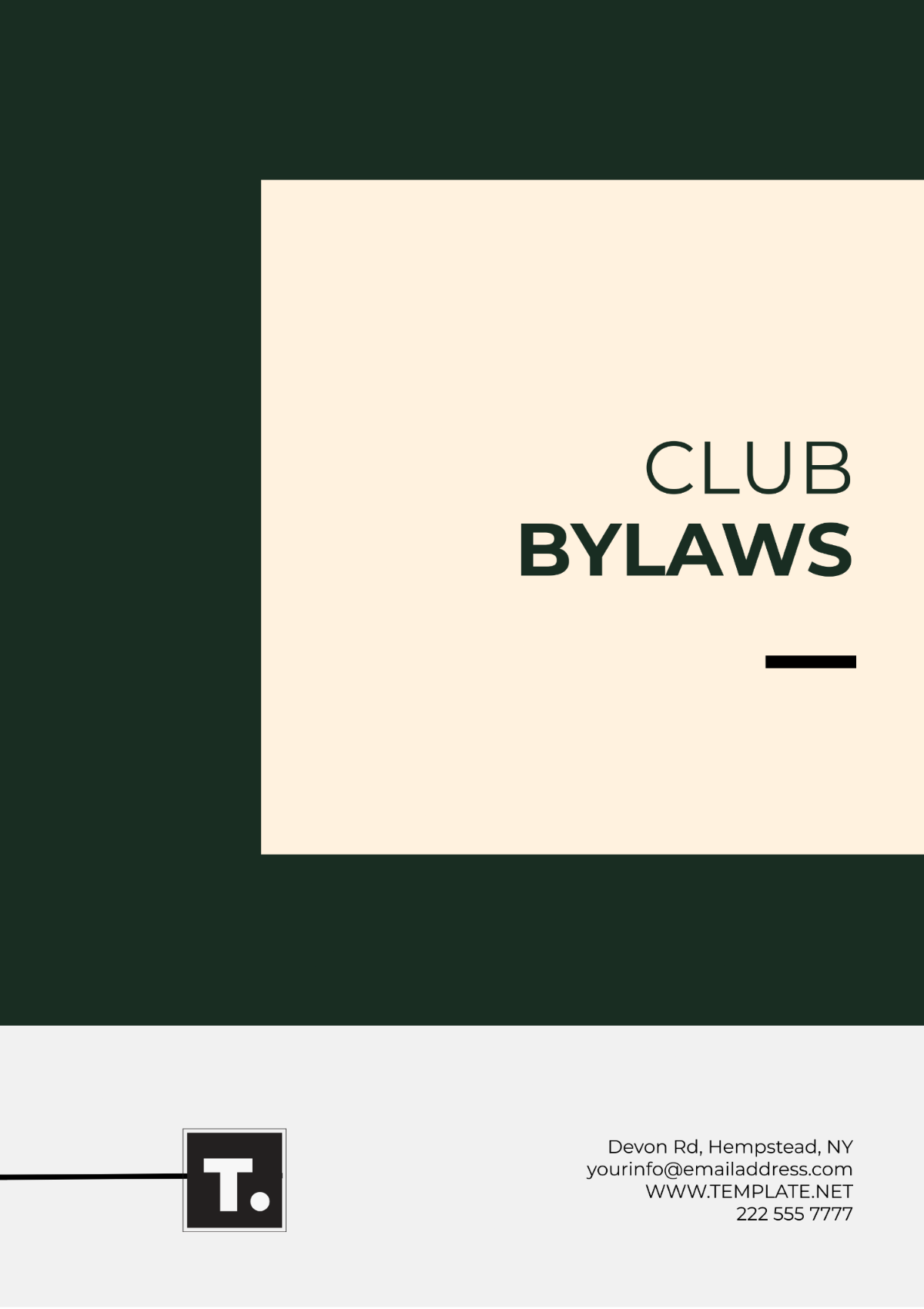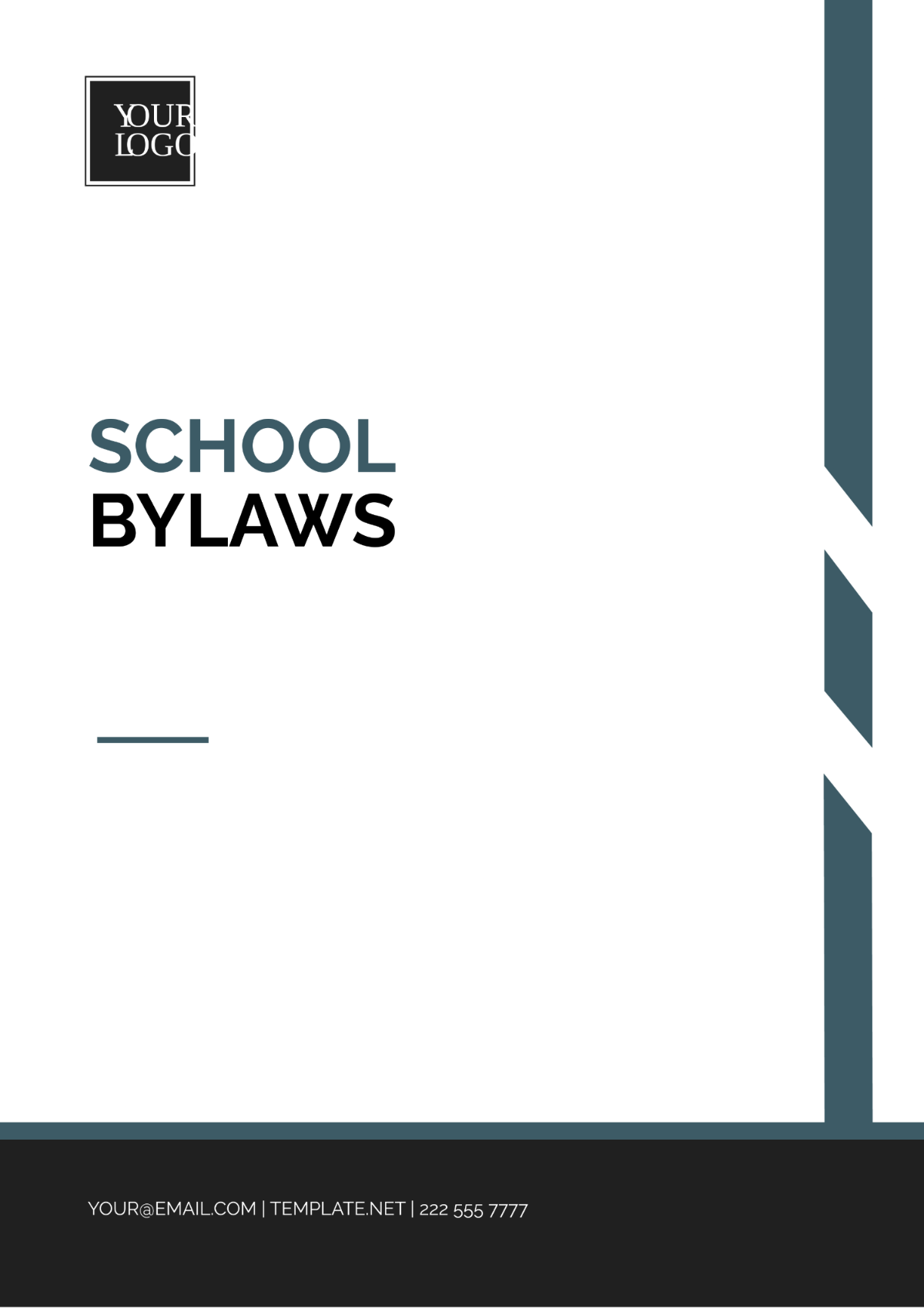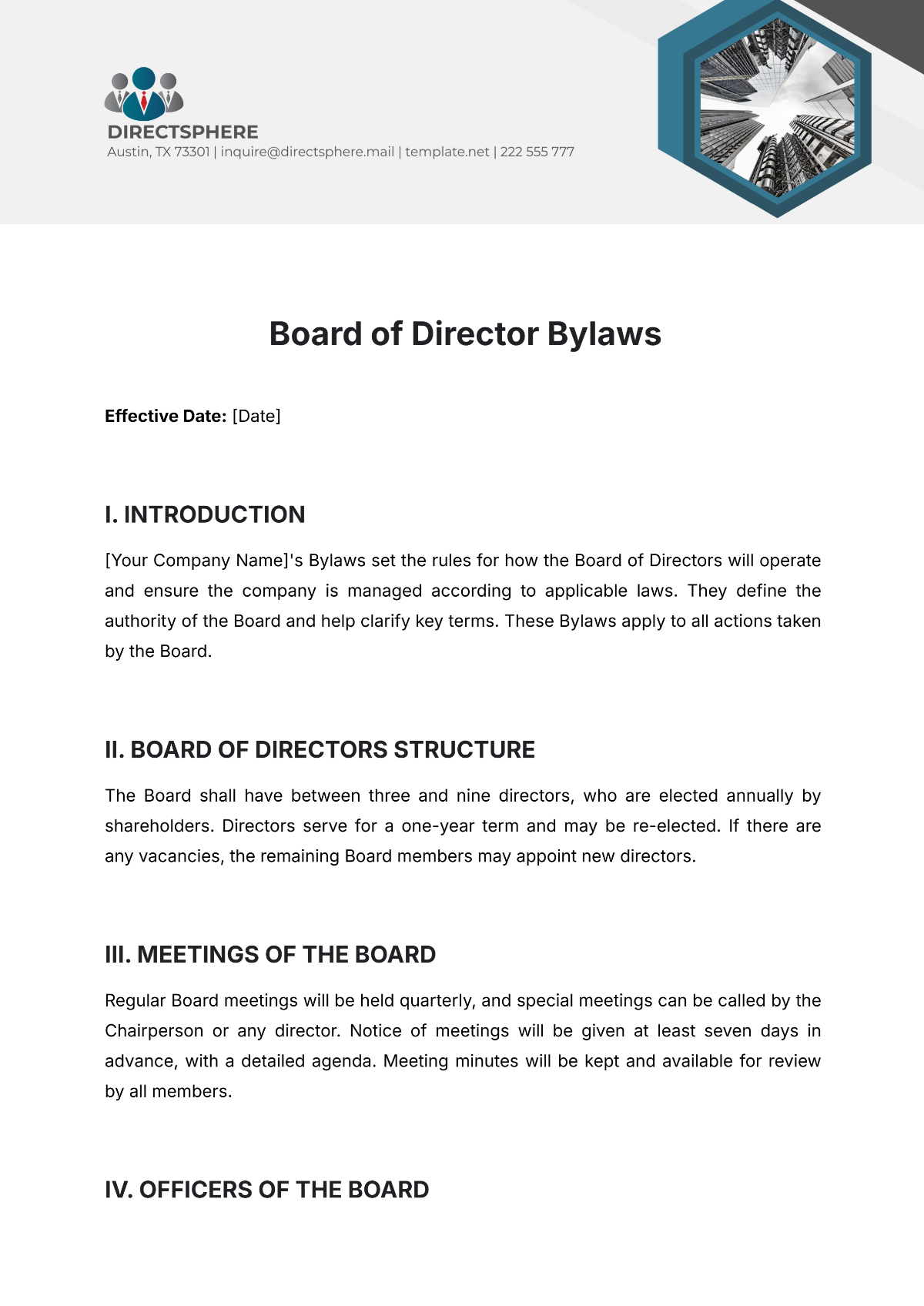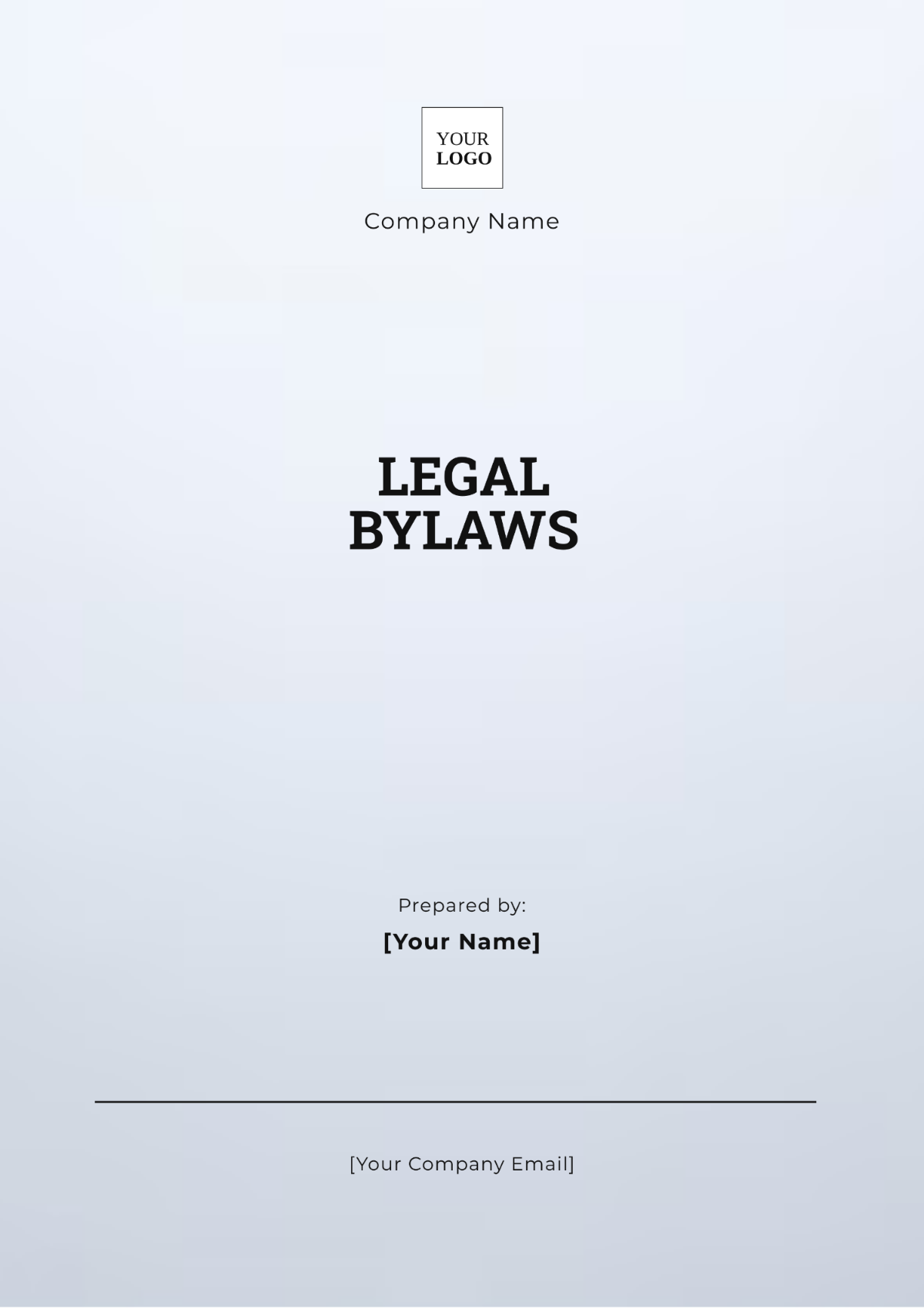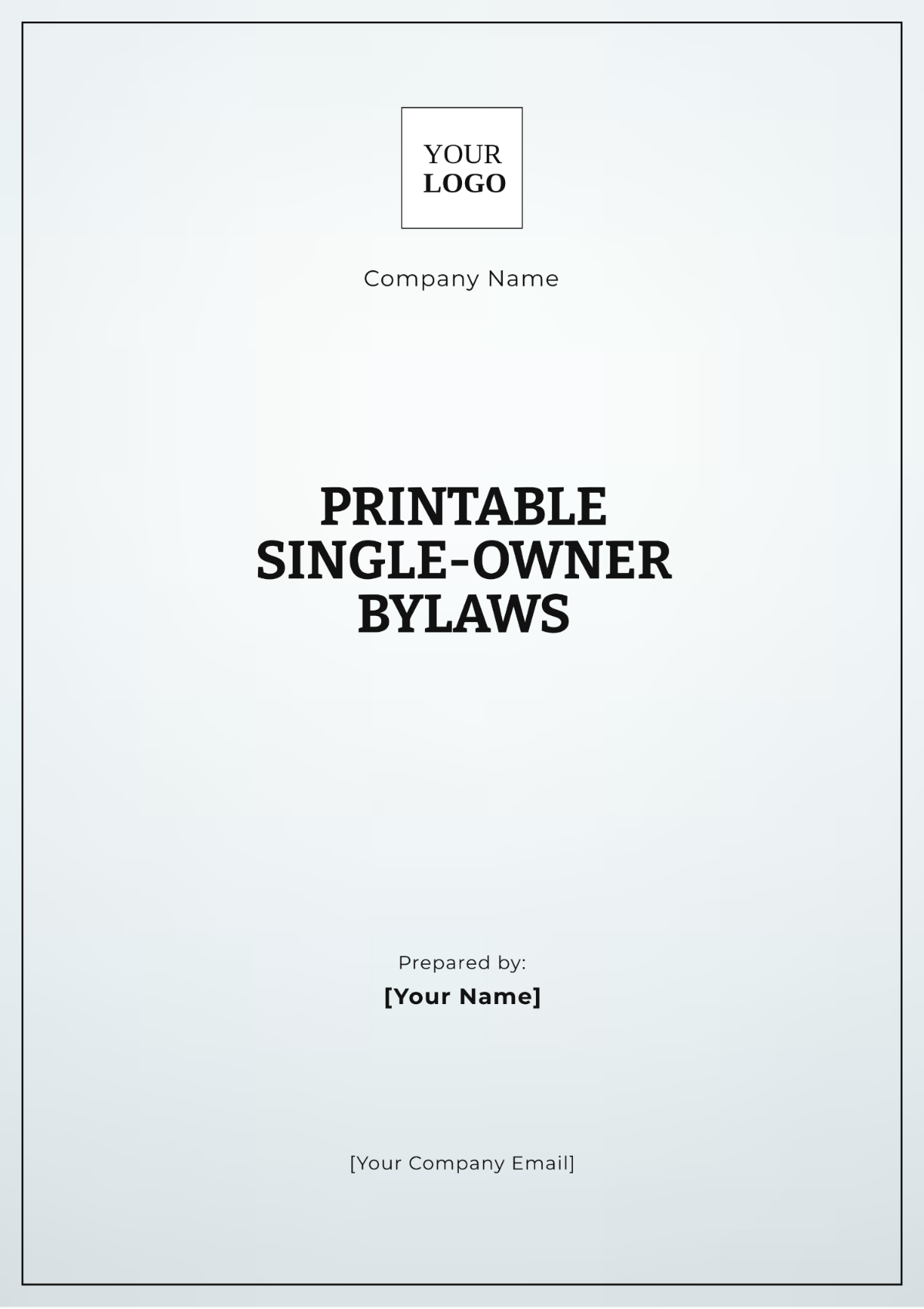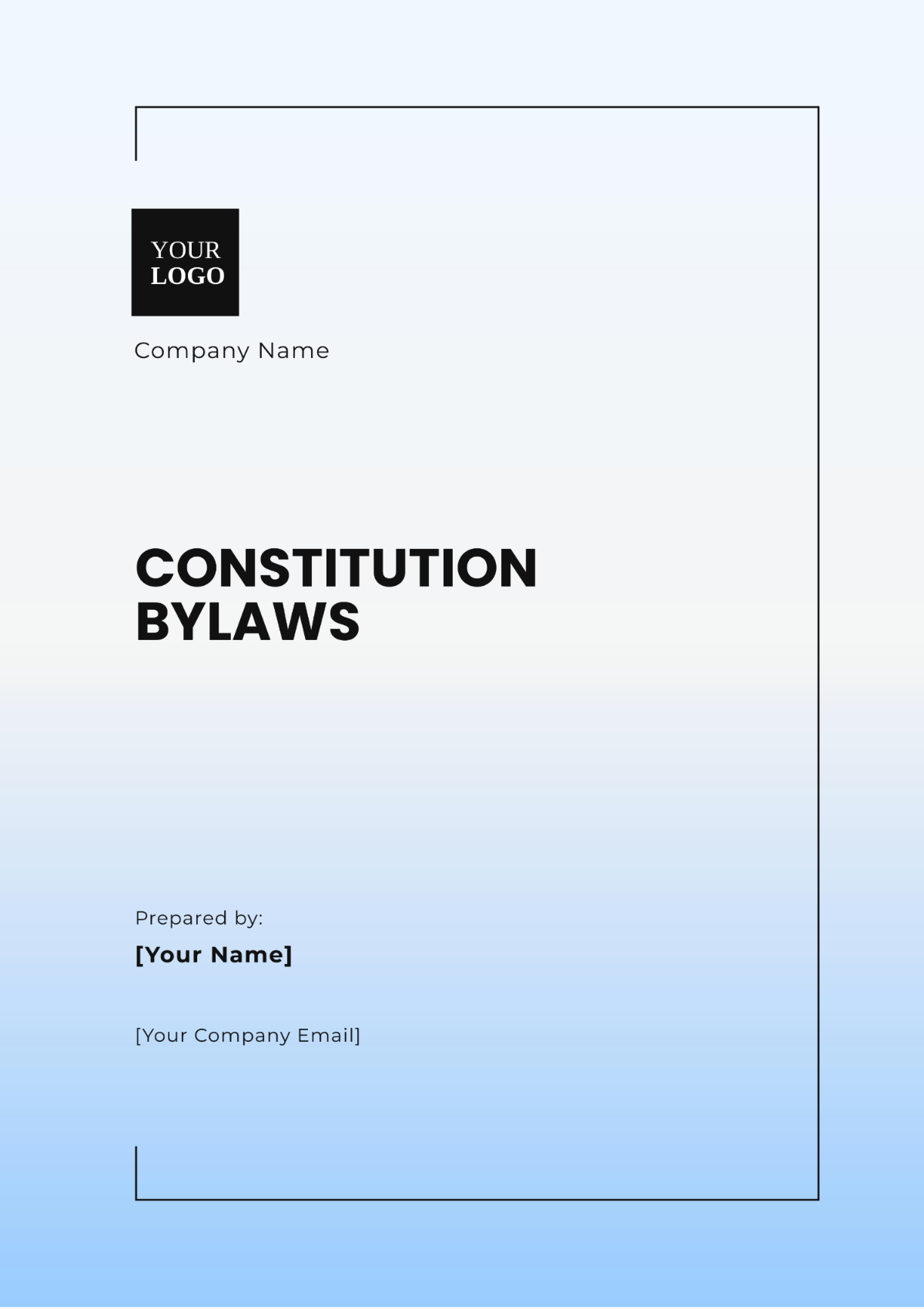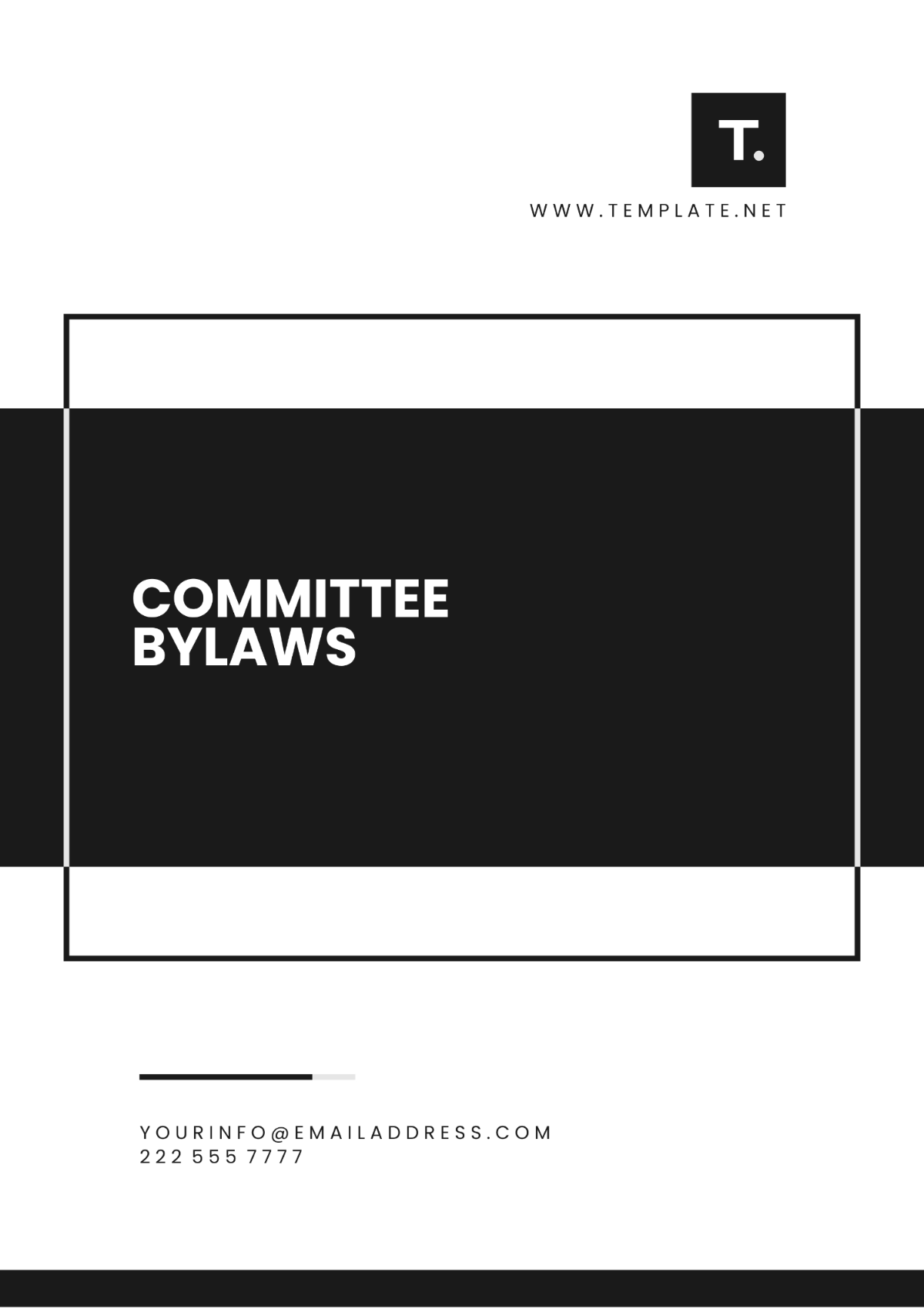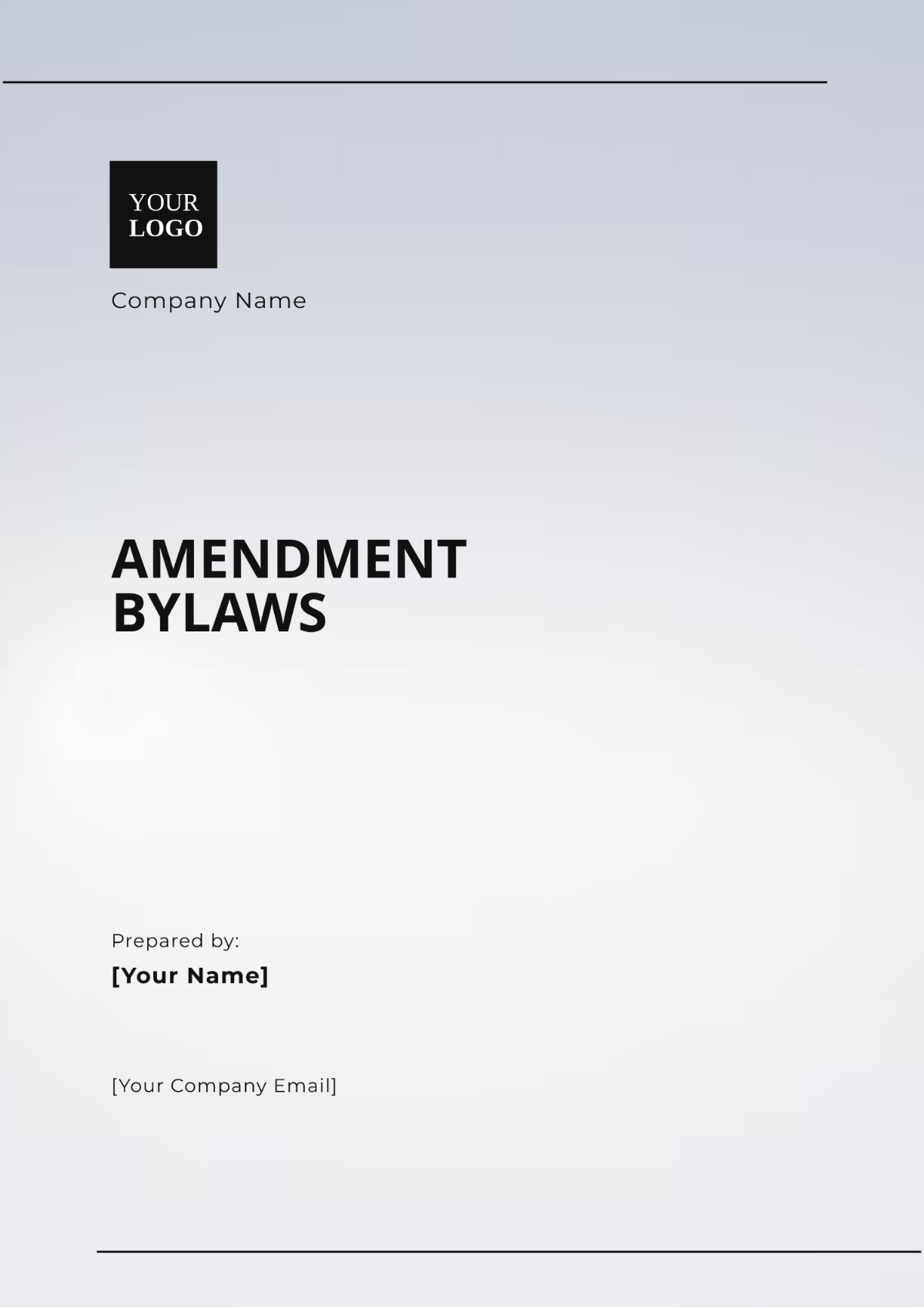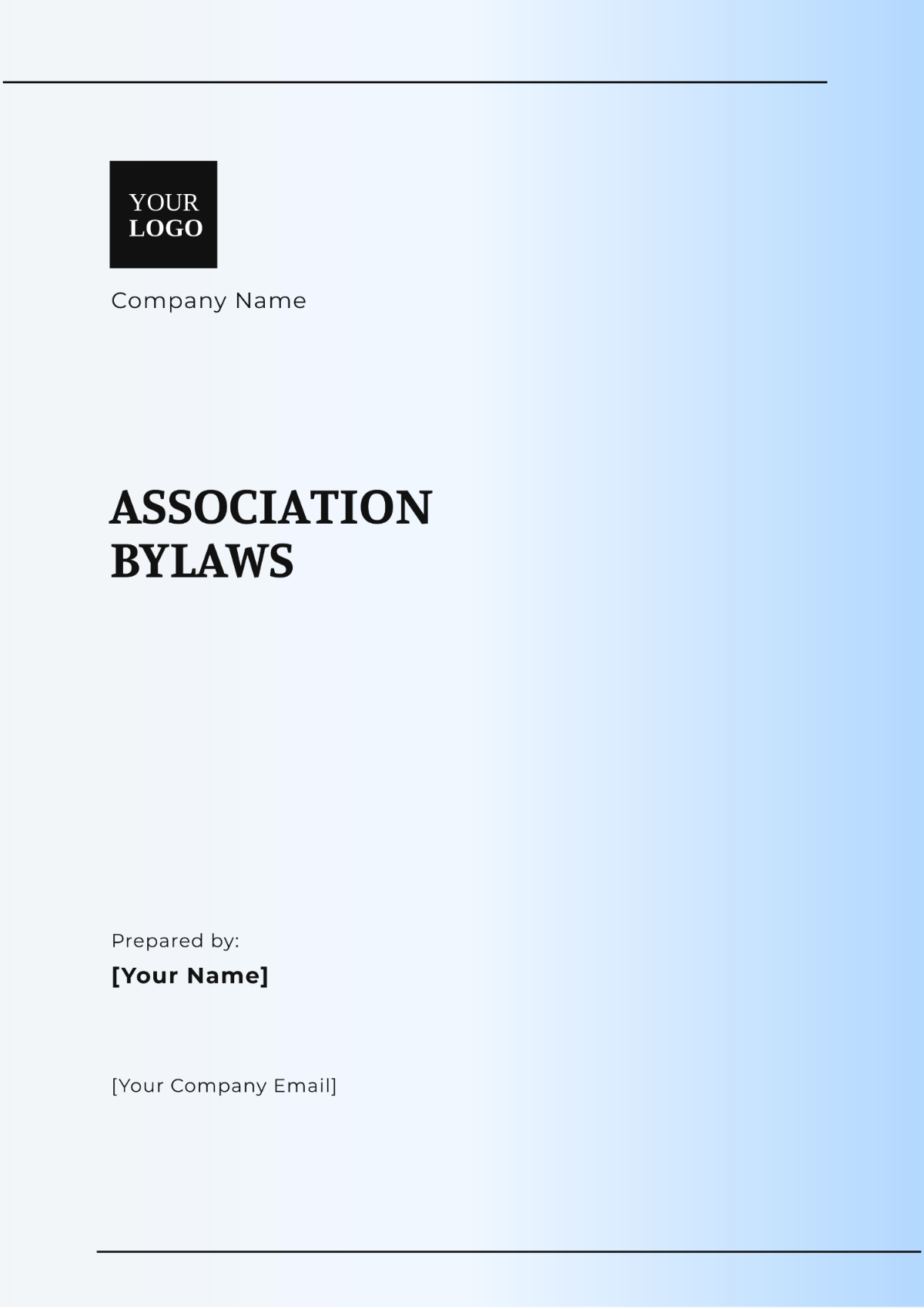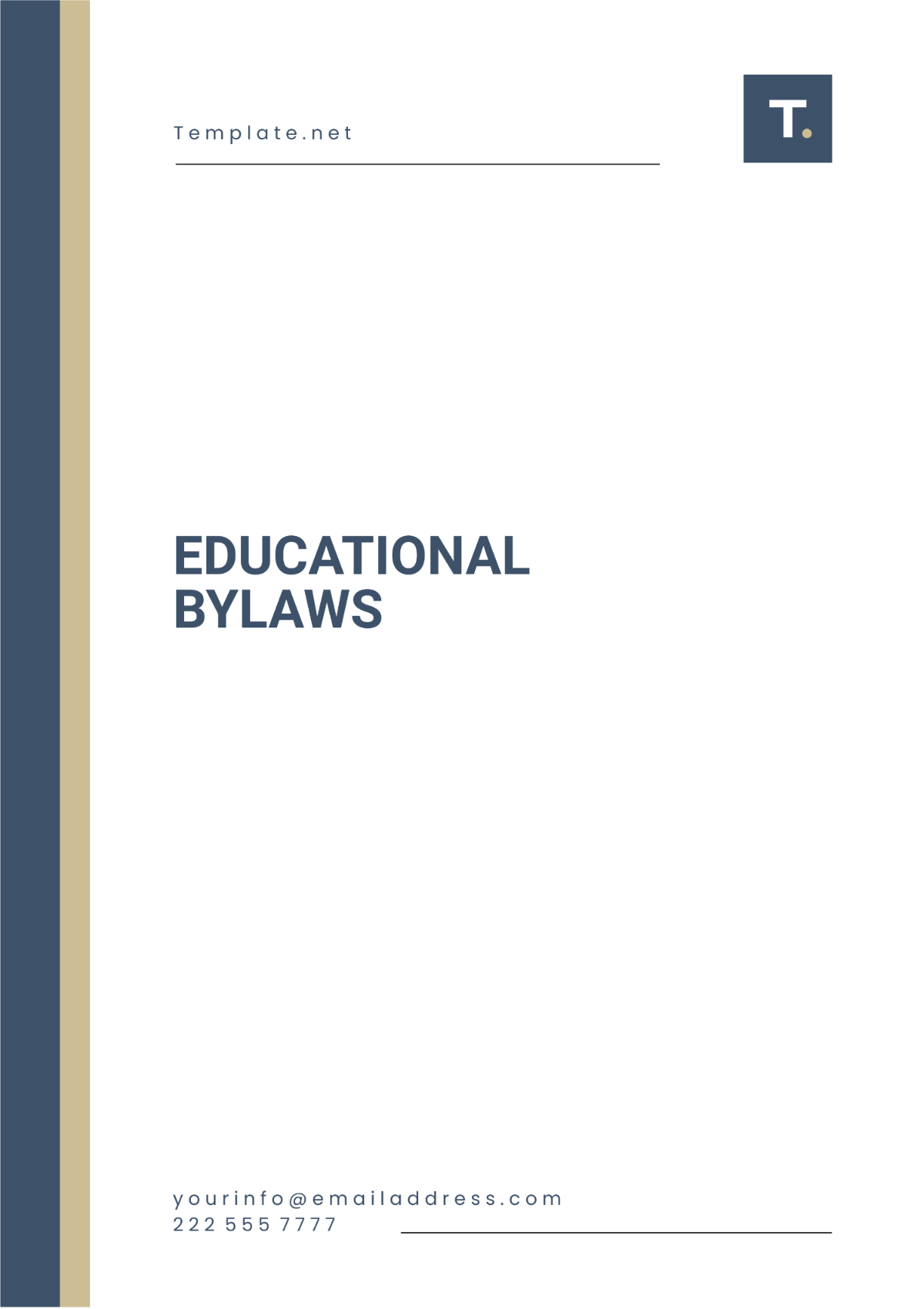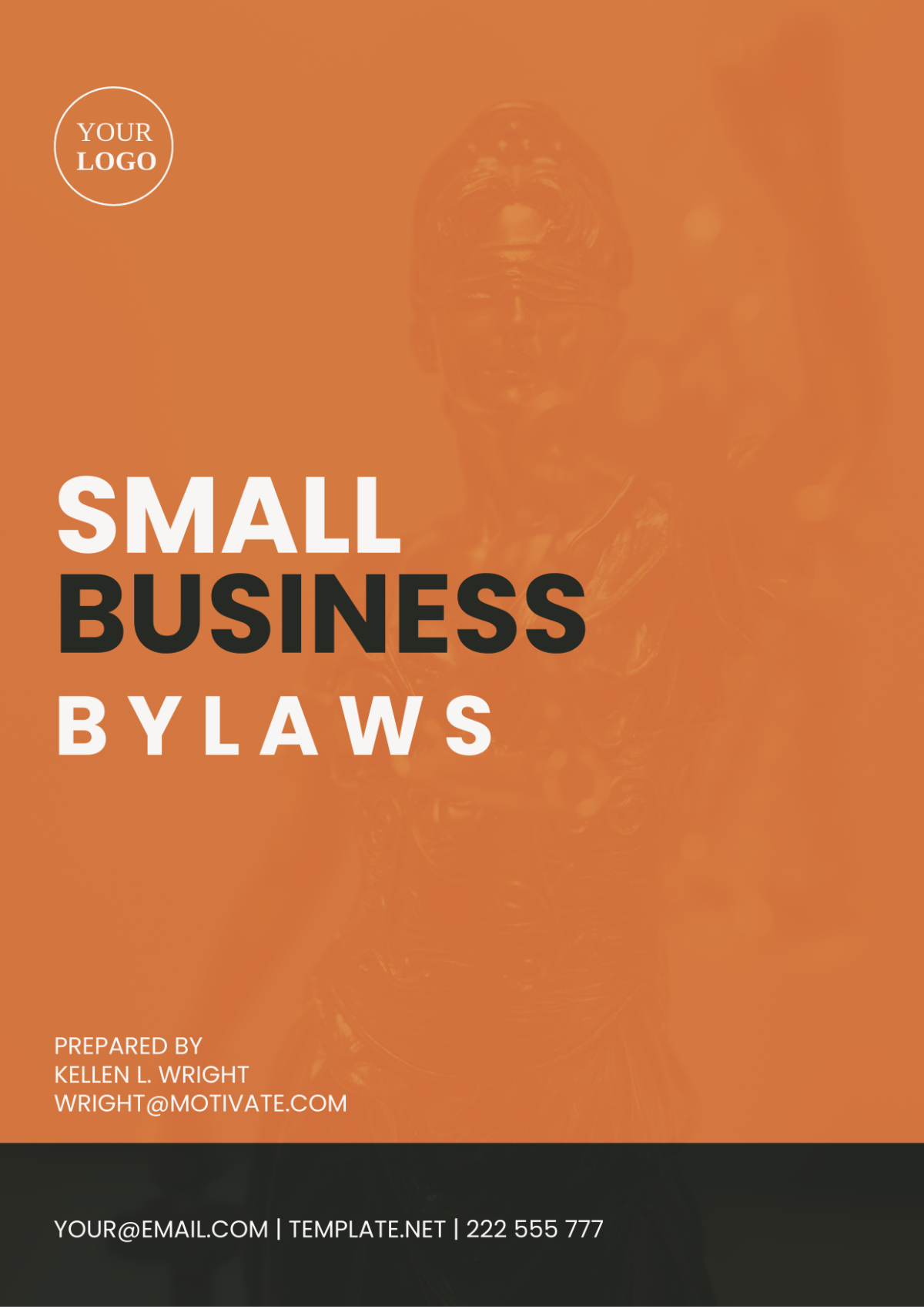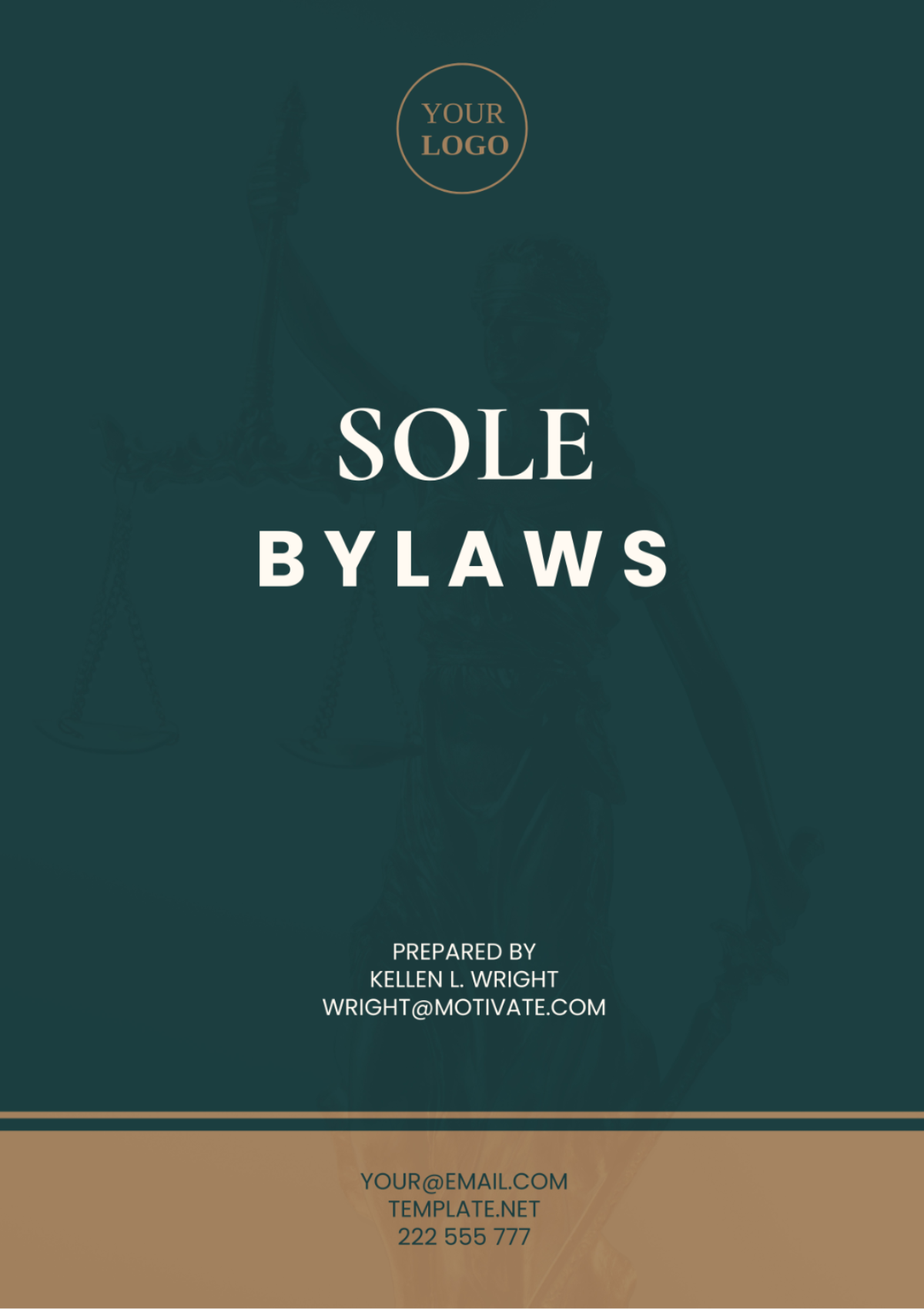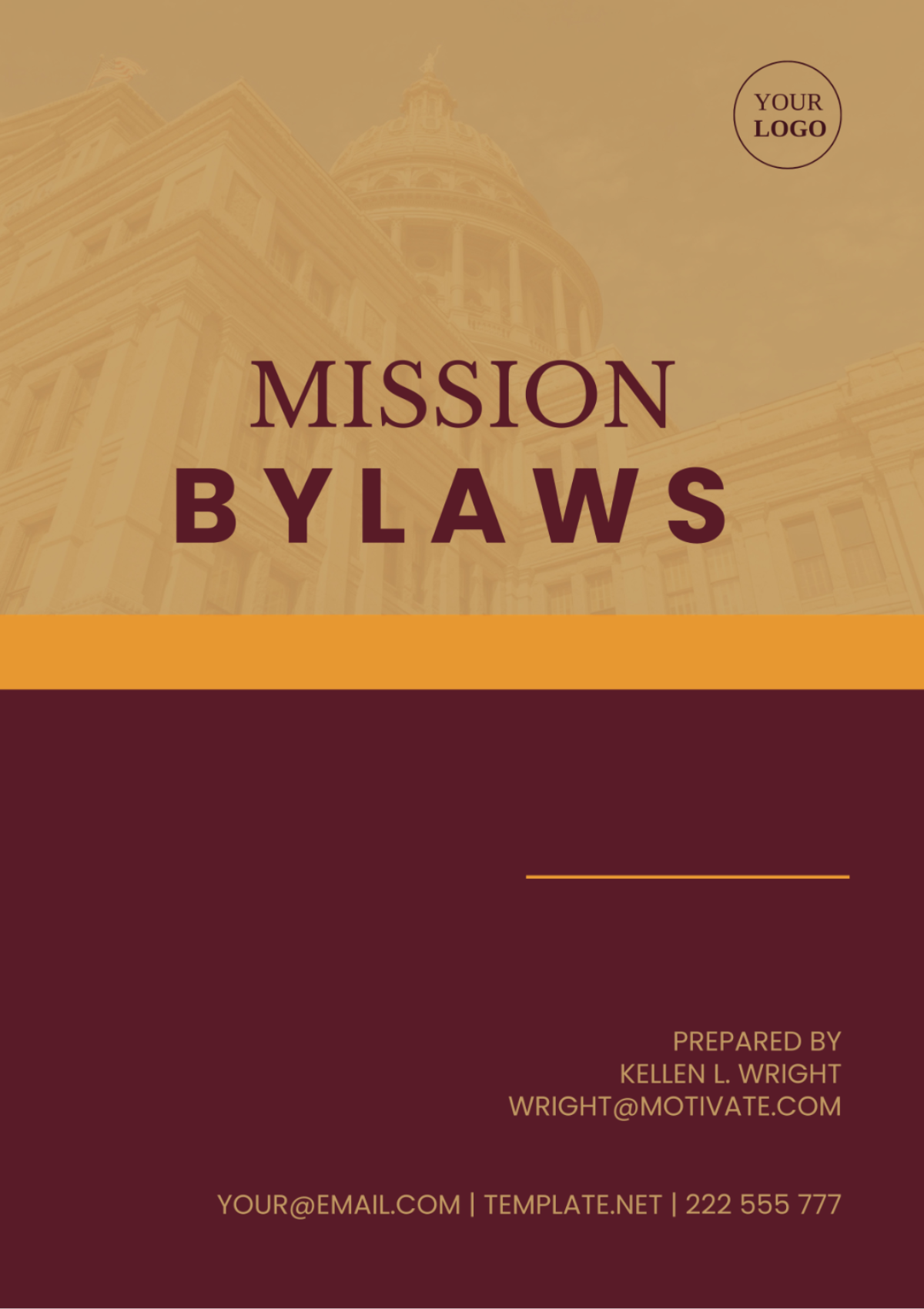TORONTO NOISE BYLAWS
Article 1: Purpose
The Toronto Noise Bylaws are enacted to maintain a harmonious and peaceful environment within the city limits. These regulations aim to control and manage noise levels to ensure the well-being and quality of life for all residents, businesses, and visitors in Toronto. By establishing clear guidelines and standards for noise emissions, these bylaws seek to mitigate disturbances and promote a conducive atmosphere for living, working, and recreation.
Article 2: Definitions
Noise: Refers to any sound that is considered unwanted, disruptive, or irritating, significantly impacting individuals' comfort and interfering with their daily activities.
Decibel (dB): A unit of measurement used to quantify the intensity or volume of sound, with higher decibel levels indicating louder or more intense sounds.
Daytime Hours: Defined as the period between 7:00 AM and 10:00 PM, during which standard noise thresholds and regulations are in effect to maintain a reasonable level of noise pollution.
Nighttime Hours: Designates the timeframe from 10:00 PM to 7:00 AM, requiring stricter adherence to reduced noise limits to ensure minimal disturbance to residents and businesses during nighttime rest periods.
Article 3: Prohibited Activities
3.1 Excessive Noise:
It is strictly prohibited for any individual or entity to generate, produce, or allow the emission of noise that surpasses the permissible levels stipulated in this bylaw. This prohibition is especially emphasized during nighttime hours when heightened sensitivity to noise is crucial for residents' rest and well-being.
3.2 Construction Noise:
All construction activities that result in noise disturbances must adhere strictly to prescribed hours and noise limits. This ensures minimal disruption to nearby residents and businesses, particularly during sensitive times such as early morning and late evening hours.
3.3 Vehicle Noise:
All types of vehicles, including motorcycles and trucks, must operate within the acceptable noise limits specified in provincial regulations. This requirement aims to prevent excessive noise emissions that can disturb the peace and tranquility of urban areas.
3.4 Amplified Sound:
The utilization of amplified sound equipment in public spaces necessitates prior authorization and strict compliance with specified noise thresholds. This measure is implemented to mitigate potential disruptions to the surrounding environment and ensure the enjoyment and comfort of all individuals in the vicinity.
Article 4: Noise Level Standards
4.1 Residential Areas:
The permissible noise levels within residential zones are set at a maximum of 55 decibels (dB) during daytime hours and are further reduced to 45 dB during nighttime hours. These standards aim to preserve the tranquility and comfort of residential neighborhoods, especially during crucial resting periods.
4.2 Commercial Areas:
Noise emanating from commercial establishments should not surpass 65 dB during daytime hours and should be restricted to 55 dB during nighttime hours. These regulations strike a balance between supporting vibrant commercial activities and ensuring a peaceful environment for nearby residents.
4.3 Industrial Areas:
Noise generated by industrial operations must comply with specific noise limits determined by zoning regulations and the proximity of industrial facilities to residential zones. These tailored standards prioritize minimizing noise disturbances for residential communities while supporting essential industrial activities within designated areas.
Article 5: Enforcement and Penalties
5.1 Enforcement Officers:
Designated officers appointed by the municipal government are tasked with enforcing the Toronto Noise Bylaws. They have the authority to conduct noise level measurements, investigate complaints, and ensure compliance with the regulations as deemed necessary to uphold community standards and mitigate noise disturbances.
5.2 Penalties:
Any breach of the Toronto Noise Bylaws may lead to penalties, which can include fines, warnings, or other enforcement measures. The severity and frequency of the offense will influence the enforcement actions taken, with penalties structured to deter future violations and promote adherence to noise regulations for the overall well-being of Toronto's residents and businesses.
Article 6: Exemptions
6.1 Emergency Situations:
Noise produced during emergencies such as police, fire, or medical responses is exempt from the Toronto Noise Bylaws. This exemption acknowledges the critical nature of emergency services and ensures swift and effective responses without hindrance from noise regulations.
6.2 Approved Events:
Organized events that have obtained prior permits and comply with noise management plans may qualify for exemptions from specific provisions of the Toronto Noise Bylaws. However, these exemptions are subject to thorough review and approval by municipal authorities to ensure that such events contribute positively to the community while minimizing disruptions for nearby residents.
Article 7: Appeals and Complaints
7.1 Appeals Process:
Individuals or organizations who feel aggrieved by noise-related decisions or enforcement actions have the right to file appeals. These appeals should be directed to the designated tribunal or regulatory body responsible for overseeing noise regulations. The appeals process ensures transparency, accountability, and fairness in addressing grievances related to noise issues.
7.2 Complaint Procedures:
Residents are encouraged to report noise complaints promptly through the municipal hotline or online portal. Upon receiving a complaint, enforcement officers will conduct thorough investigations to assess the validity of the complaint and take appropriate actions to address the noise issue. Effective complaint procedures facilitate community engagement and collaboration in maintaining a peaceful and harmonious environment.
Article 8: Review and Amendments
The Toronto Noise Bylaws are subject to regular reviews and updates to ensure their continued relevance, effectiveness, and alignment with the evolving needs and standards of the community. Any proposed amendments or revisions to these bylaws must undergo a comprehensive process of public consultation and scrutiny by the municipal council before implementation. This ensures that any changes made to the bylaws reflect the collective input and considerations of the community, fostering transparency and accountability in noise regulation governance.
Article 9: Conclusion
The Toronto Noise Bylaws play a crucial role in preserving a peaceful and livable urban environment, striking a balance between the diverse needs of stakeholders, and promoting responsible noise management practices. With a focus on proactive enforcement, active community engagement, and a commitment to continuous improvement, these bylaws significantly contribute to elevating the quality of life for residents and businesses in Toronto. By adhering to these regulations and working collaboratively, we can ensure a harmonious and enjoyable urban experience for all.
